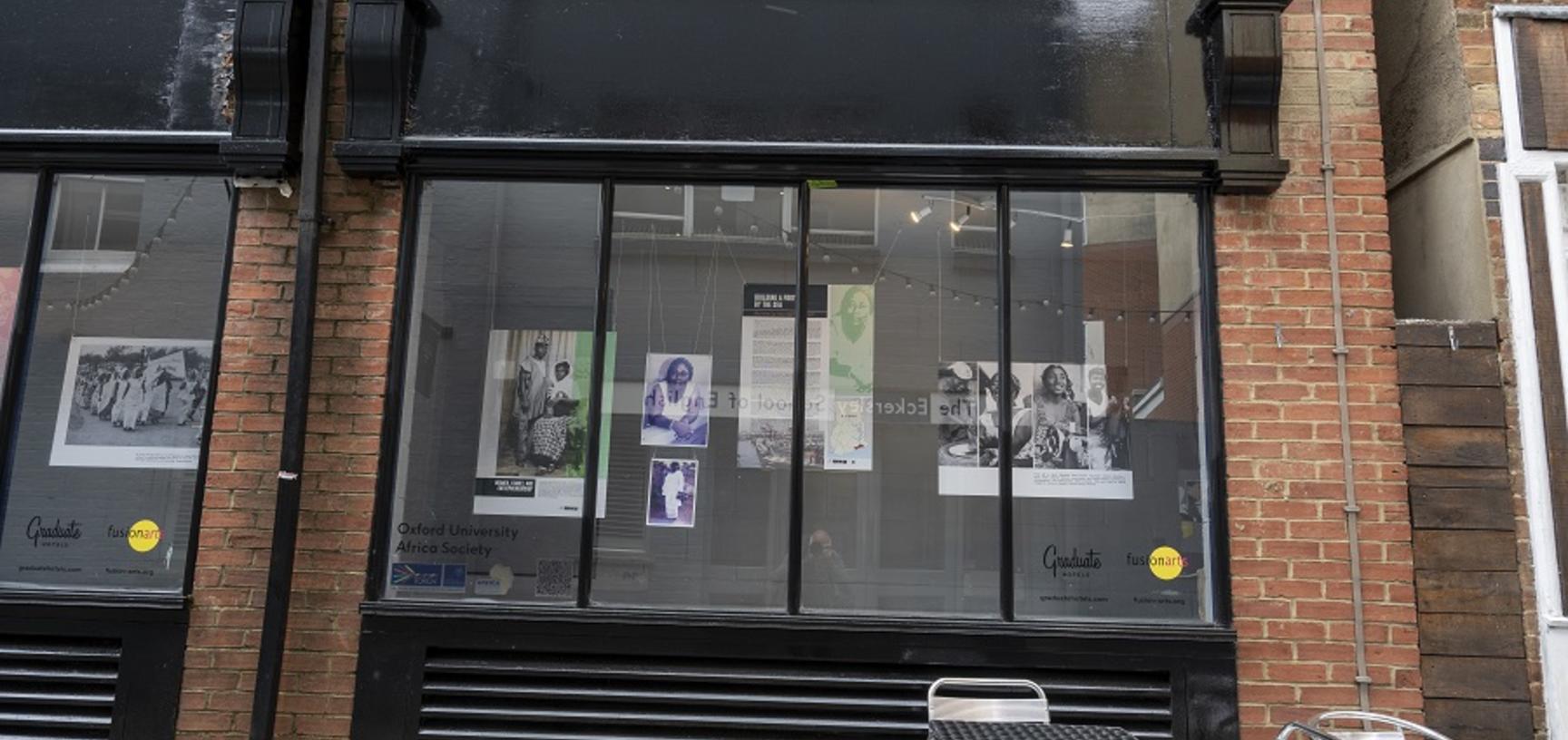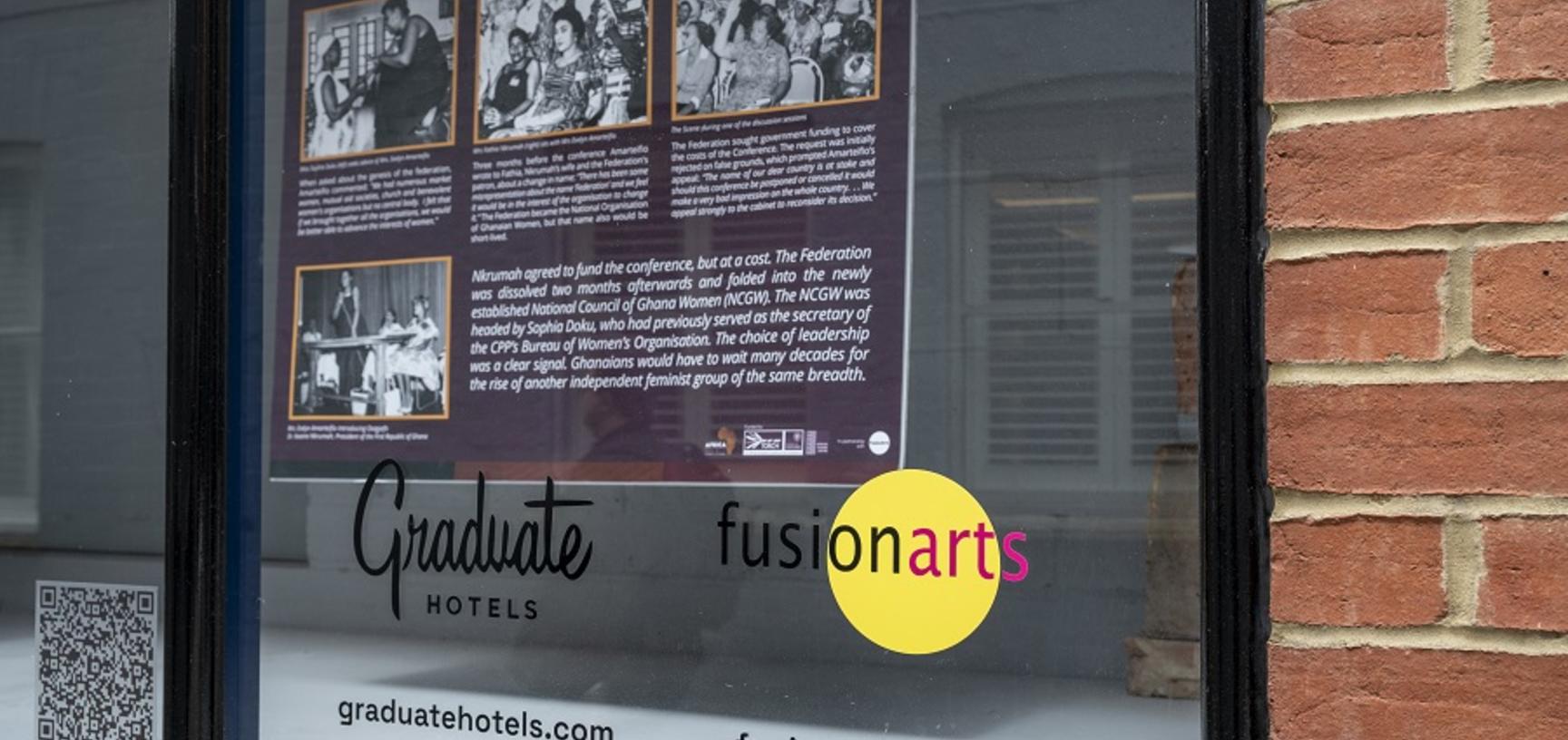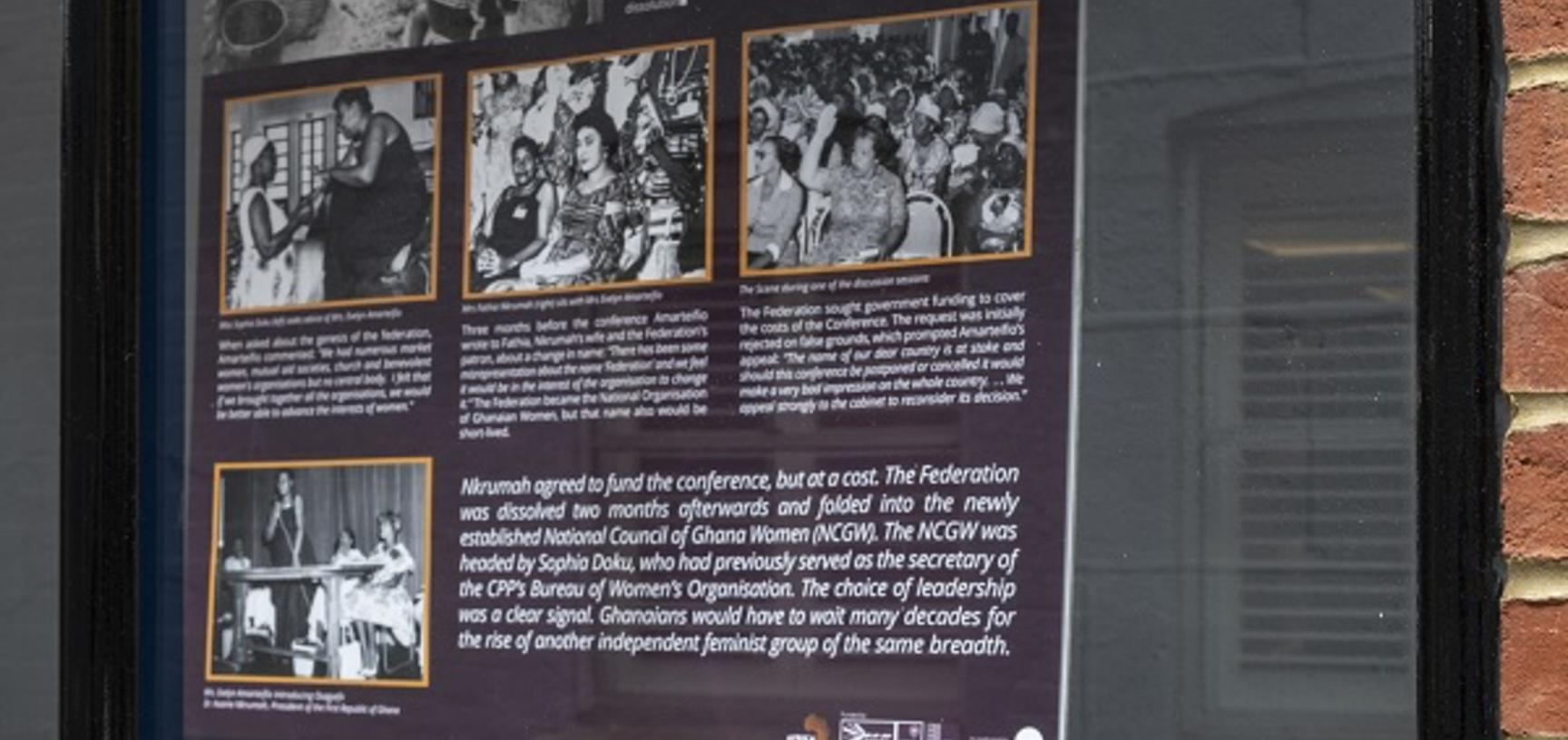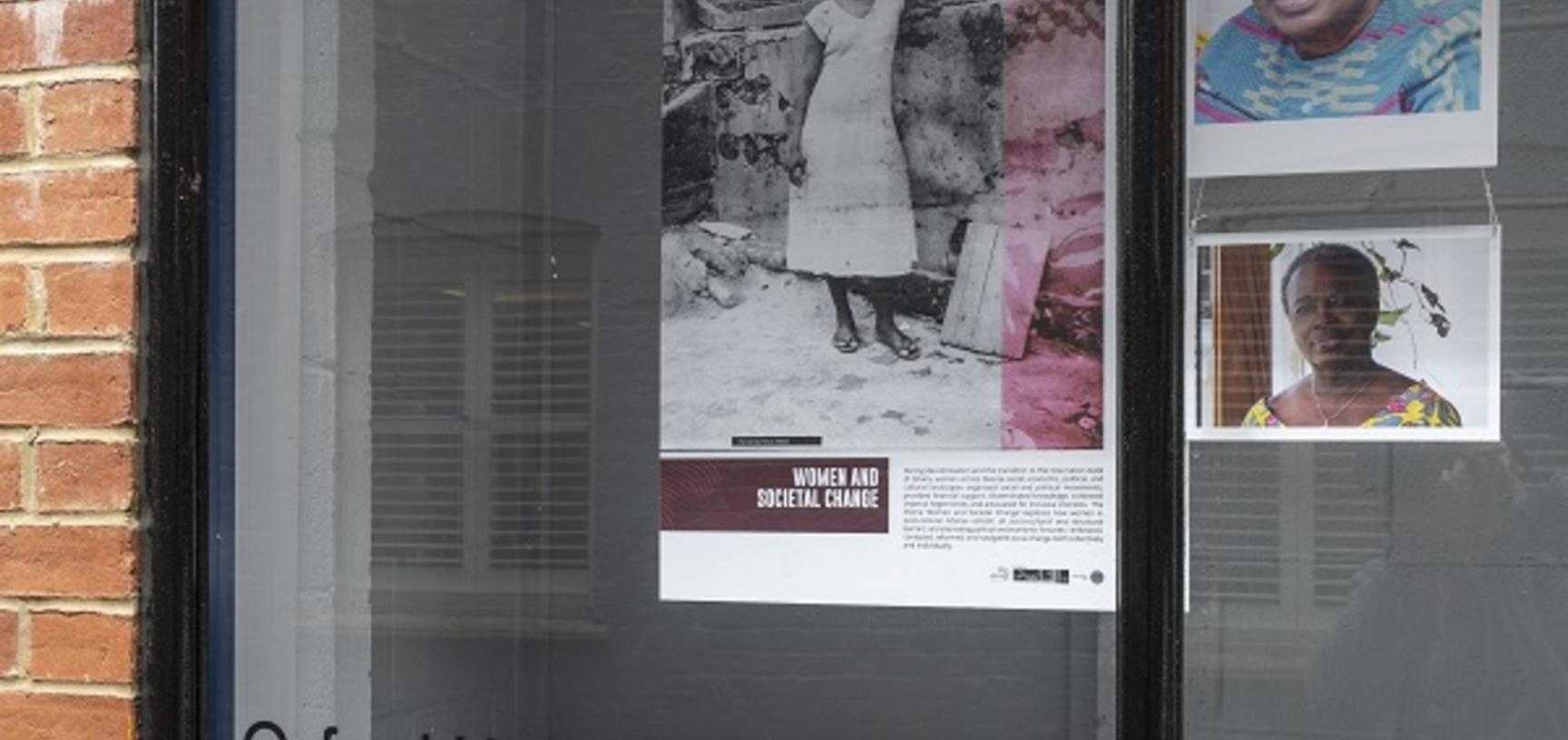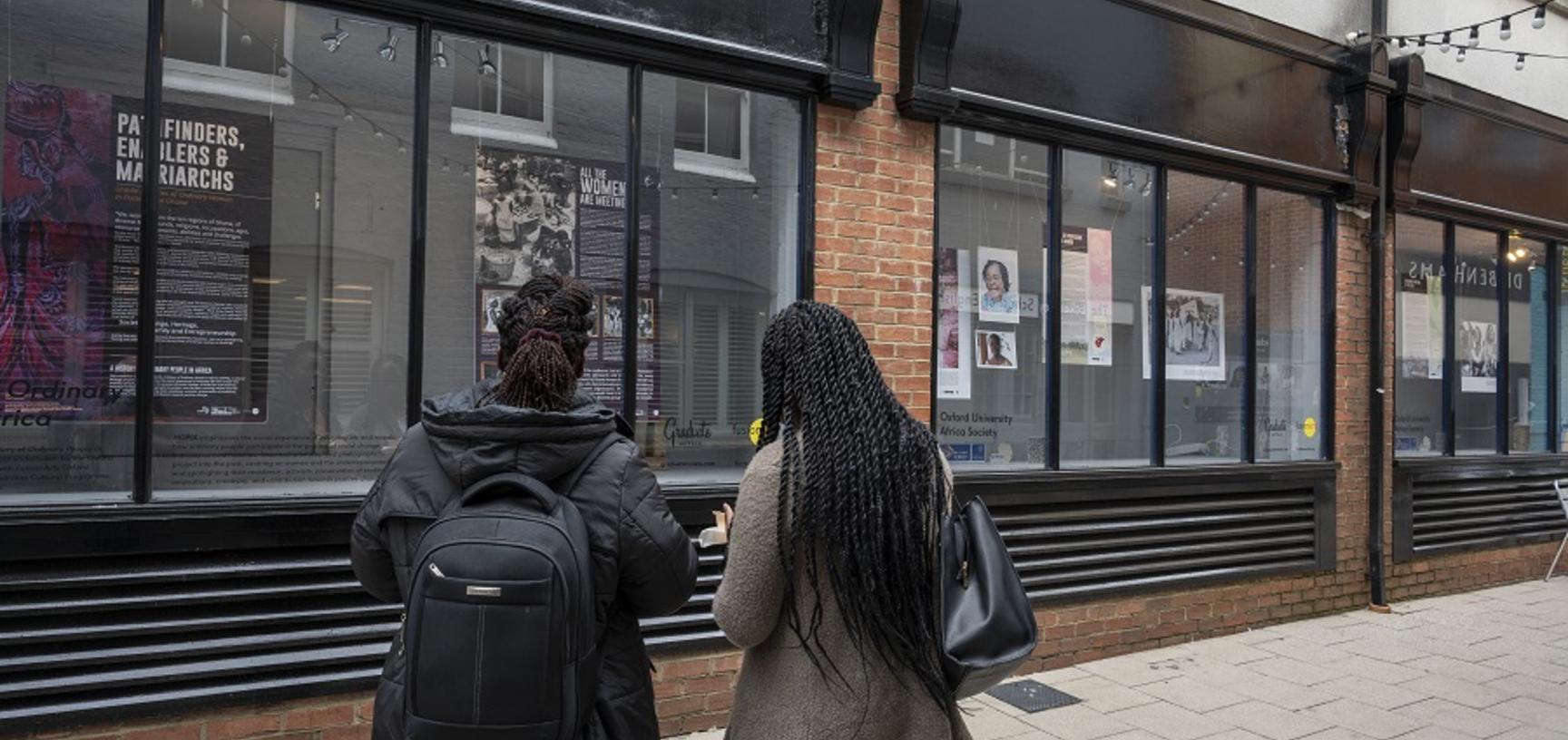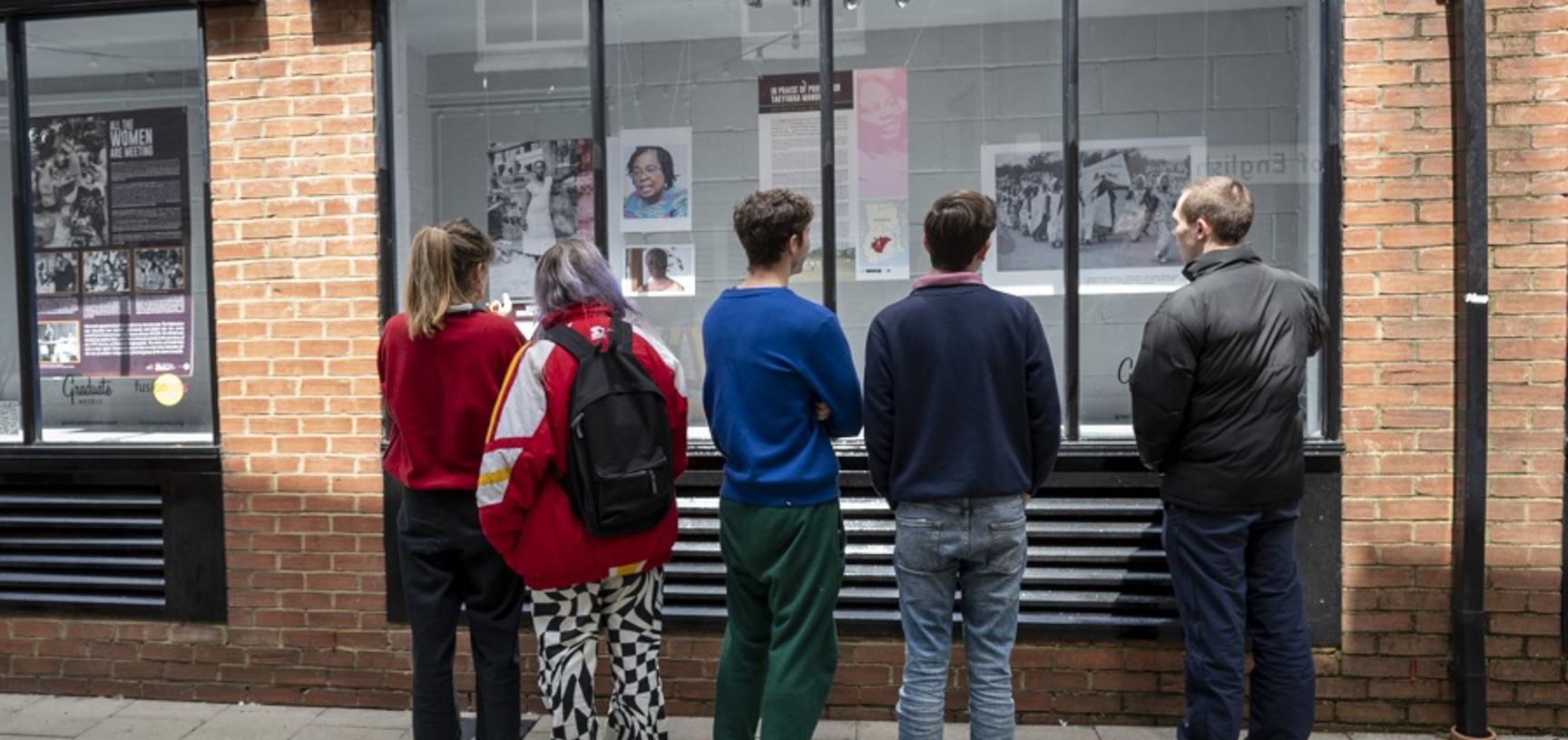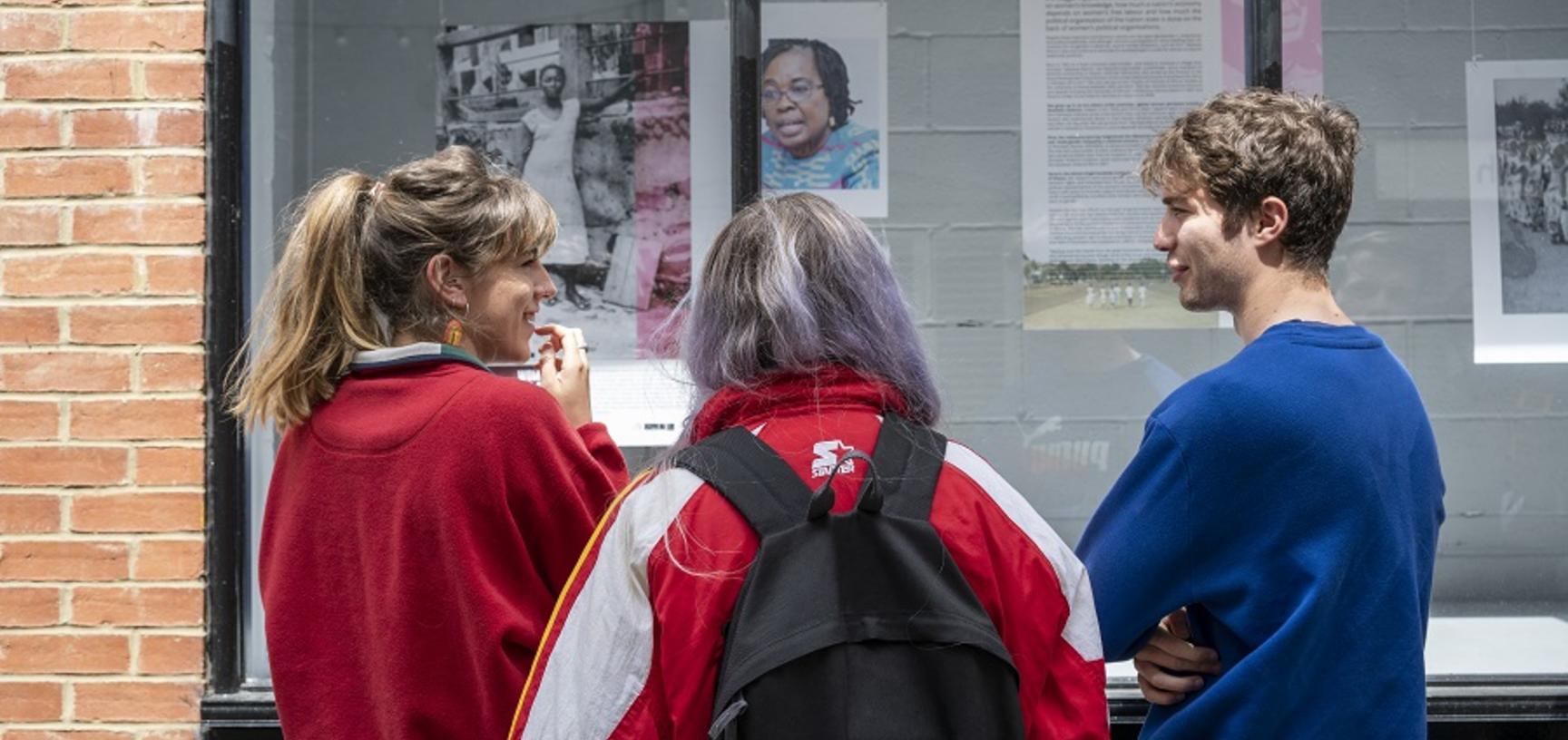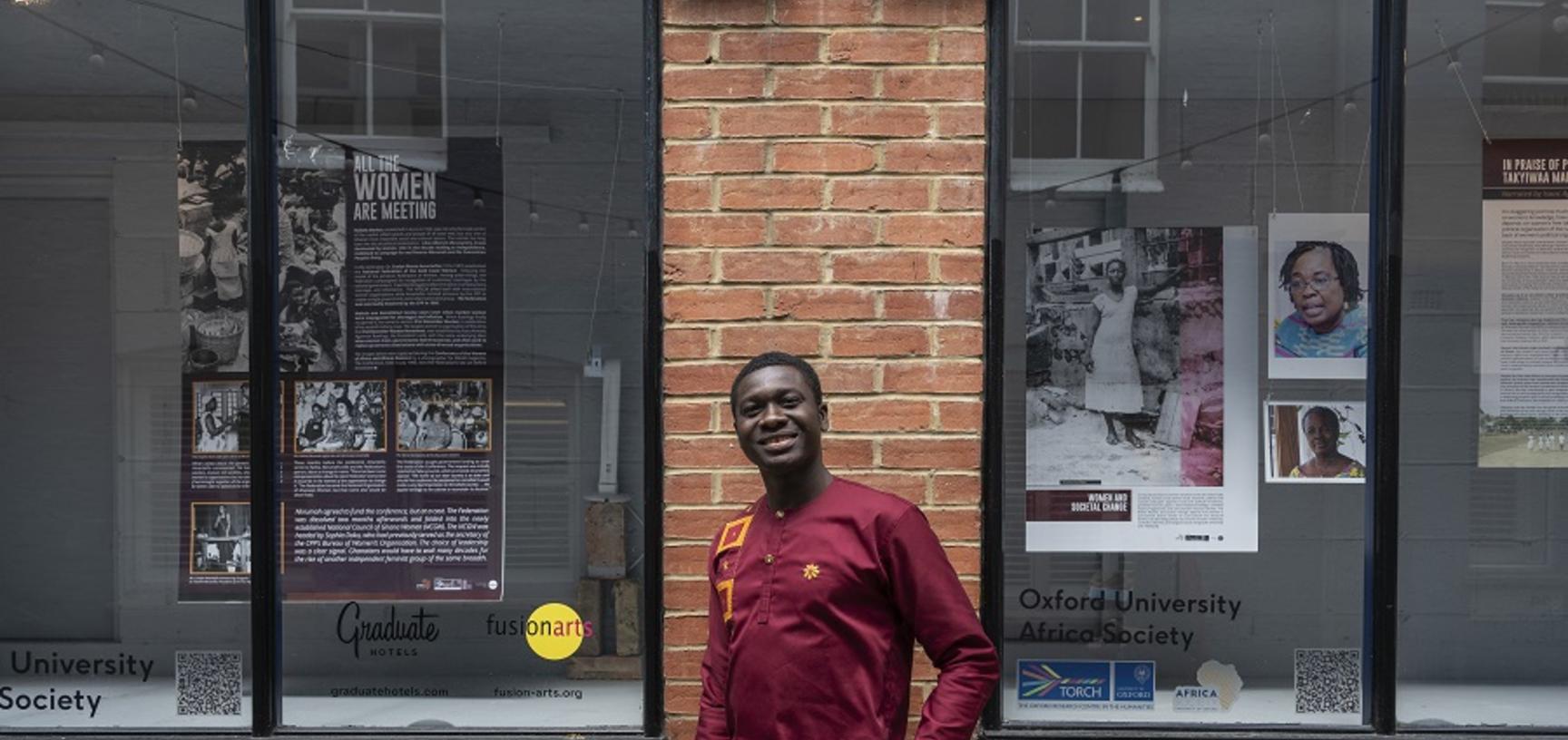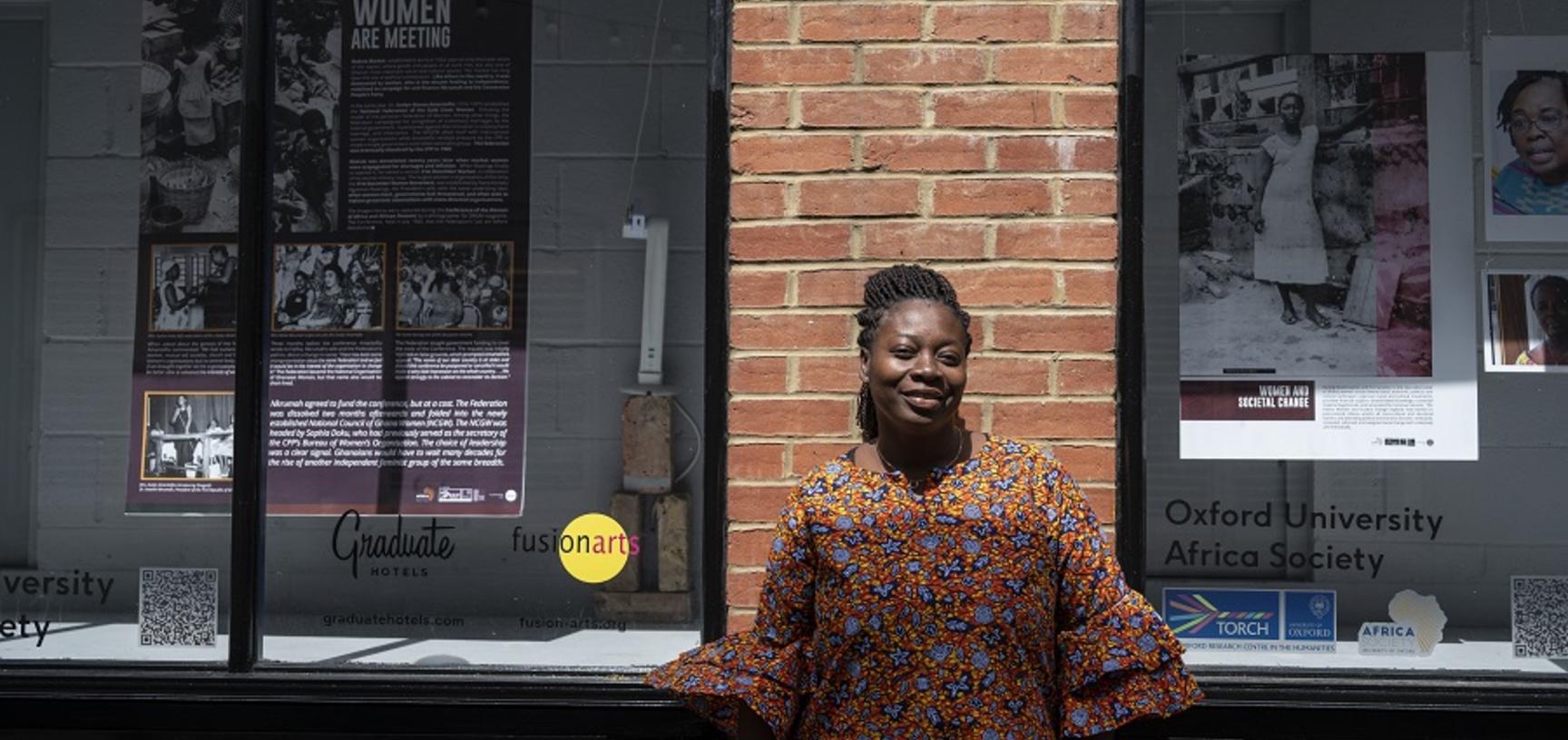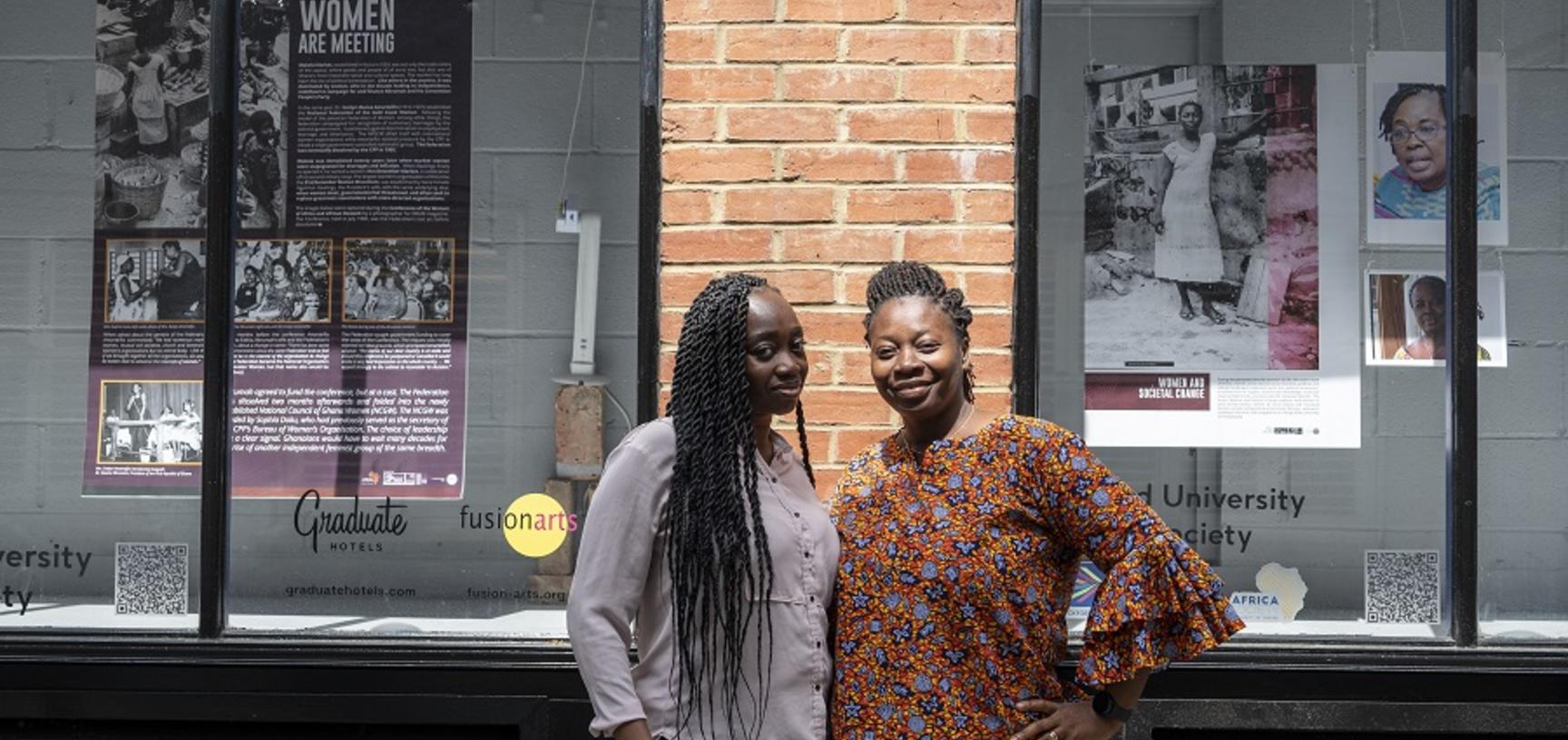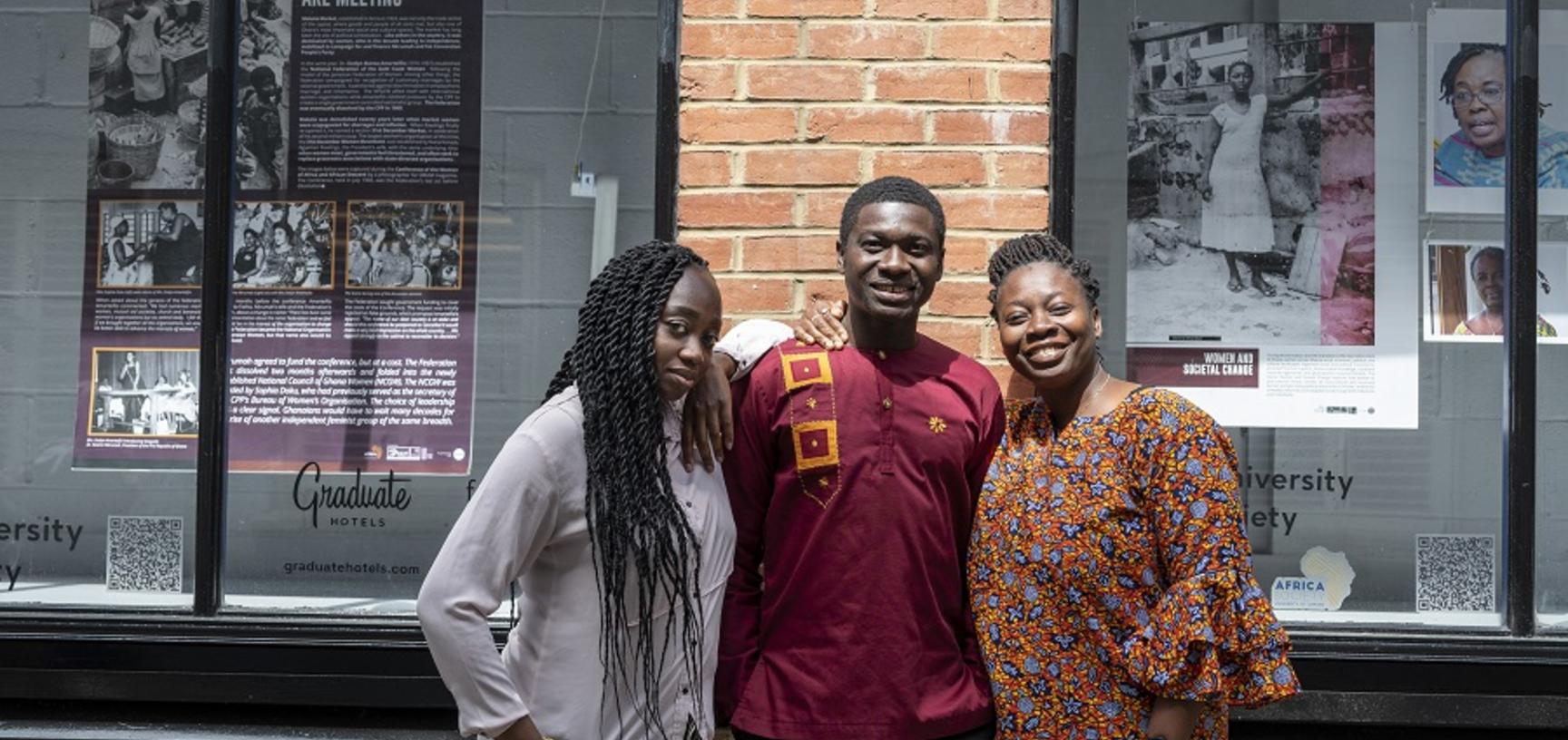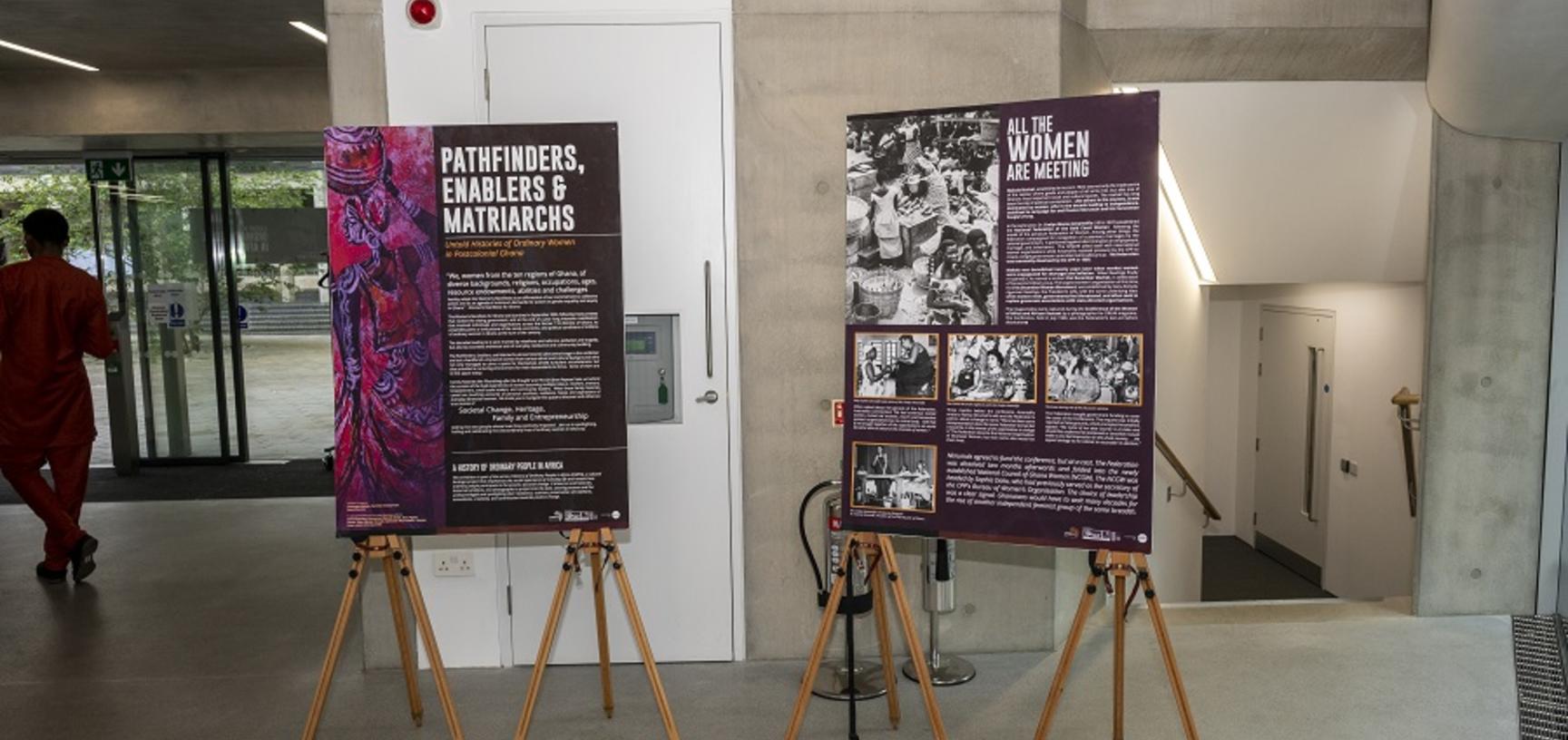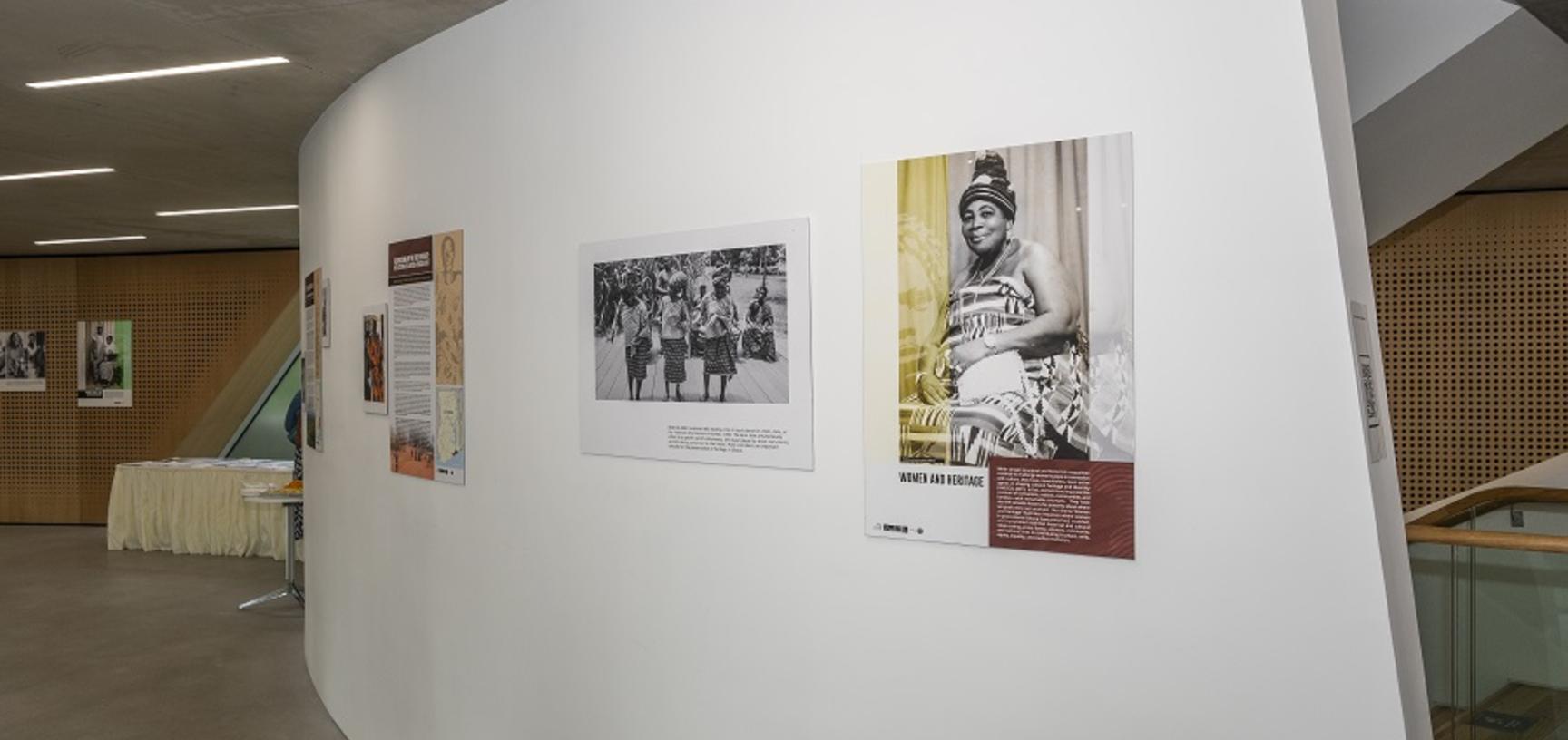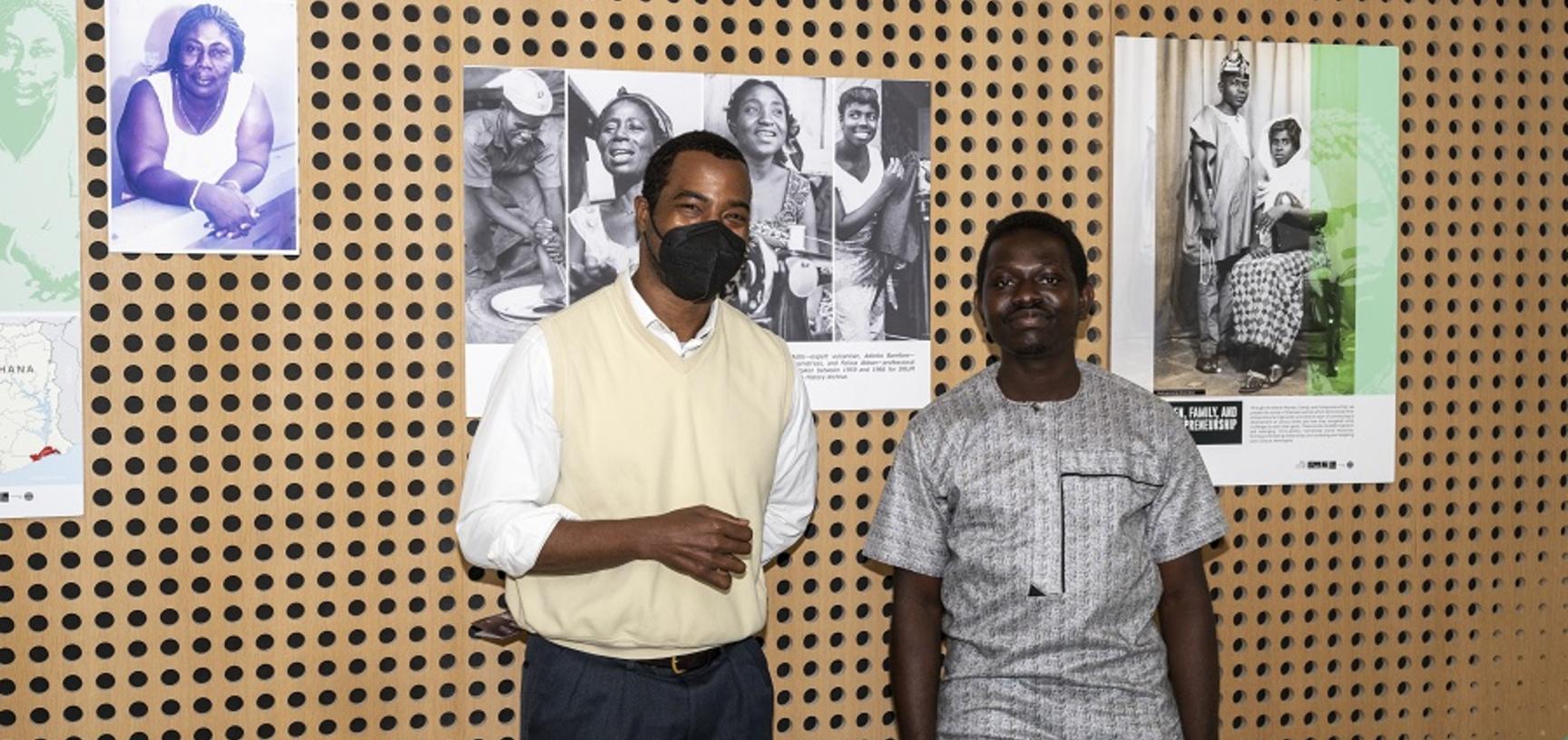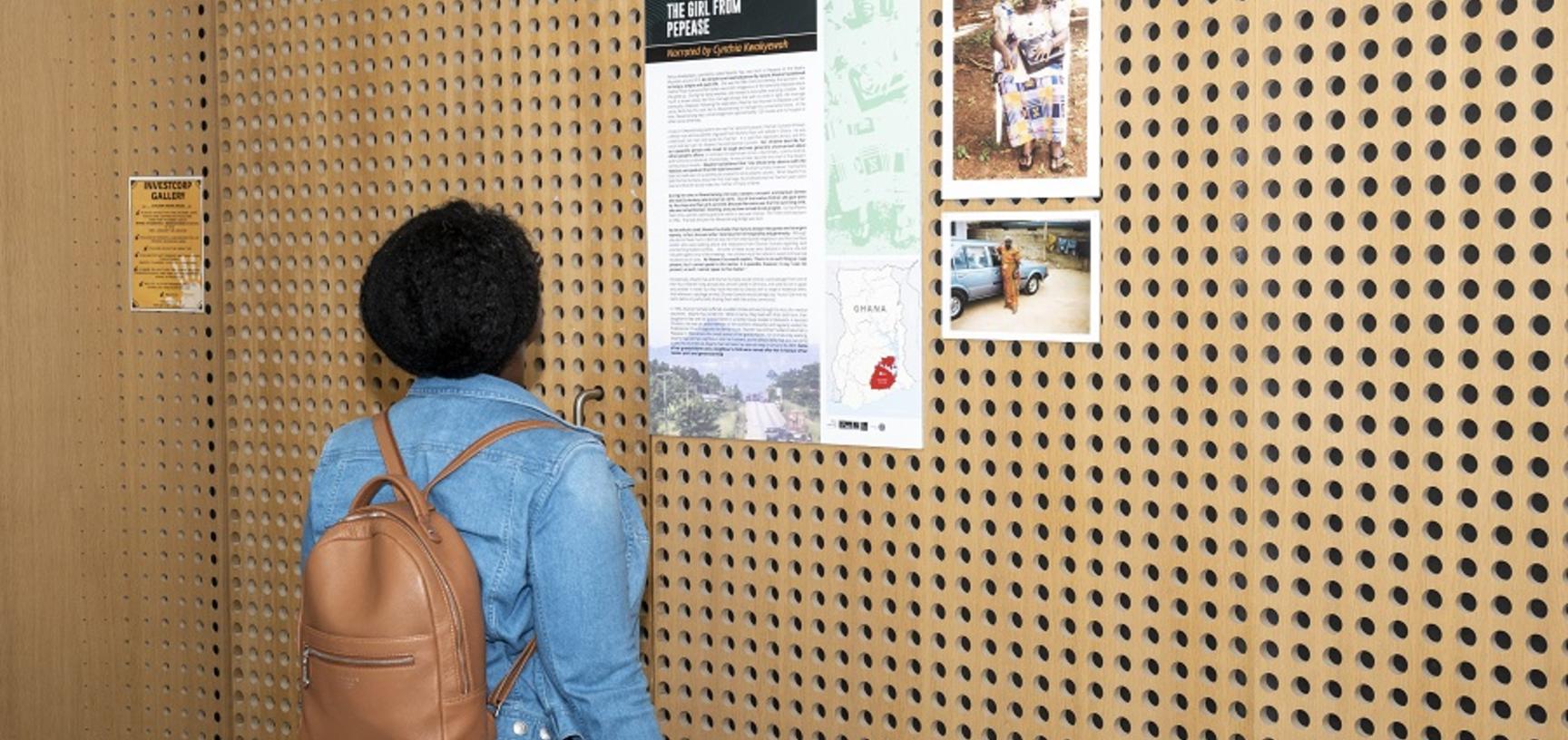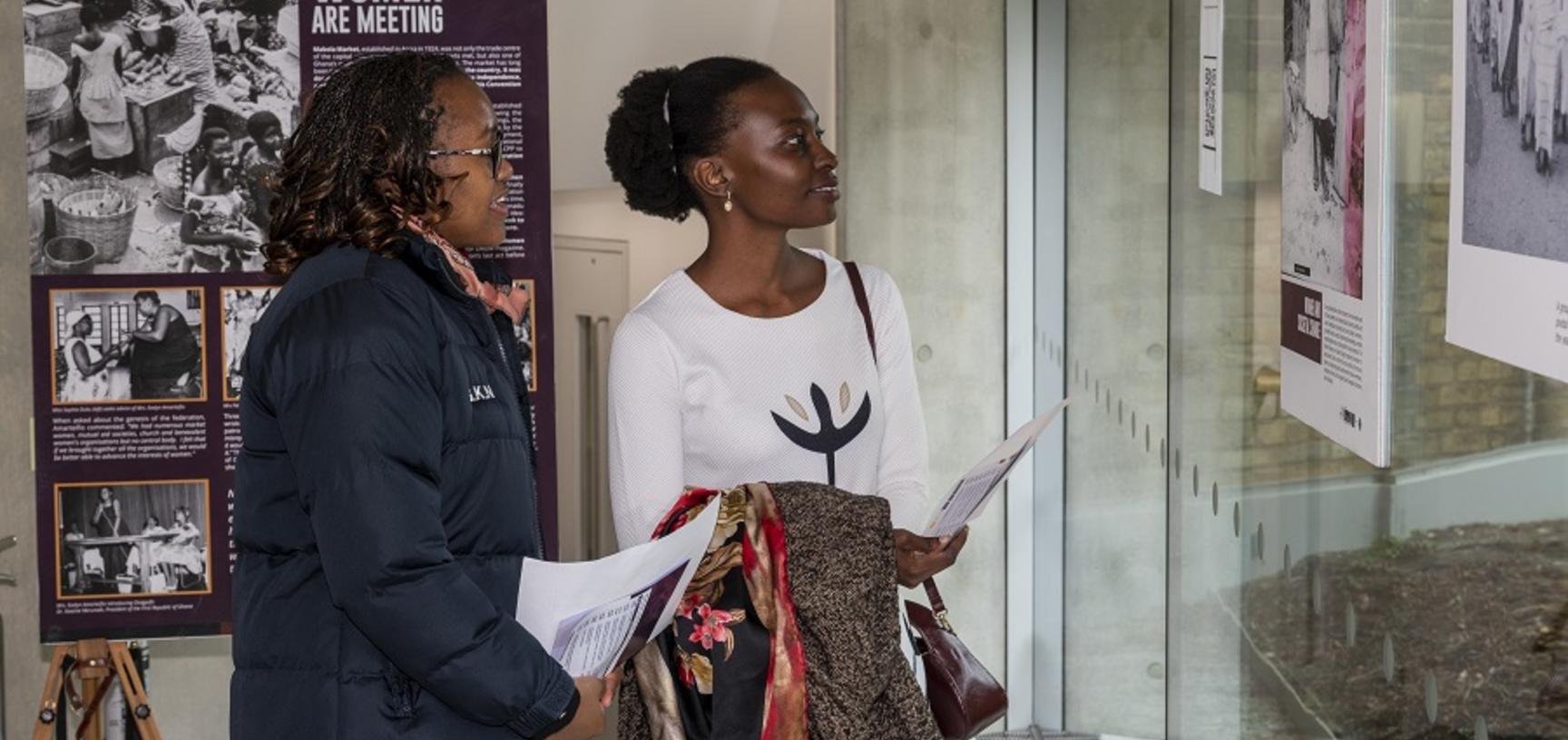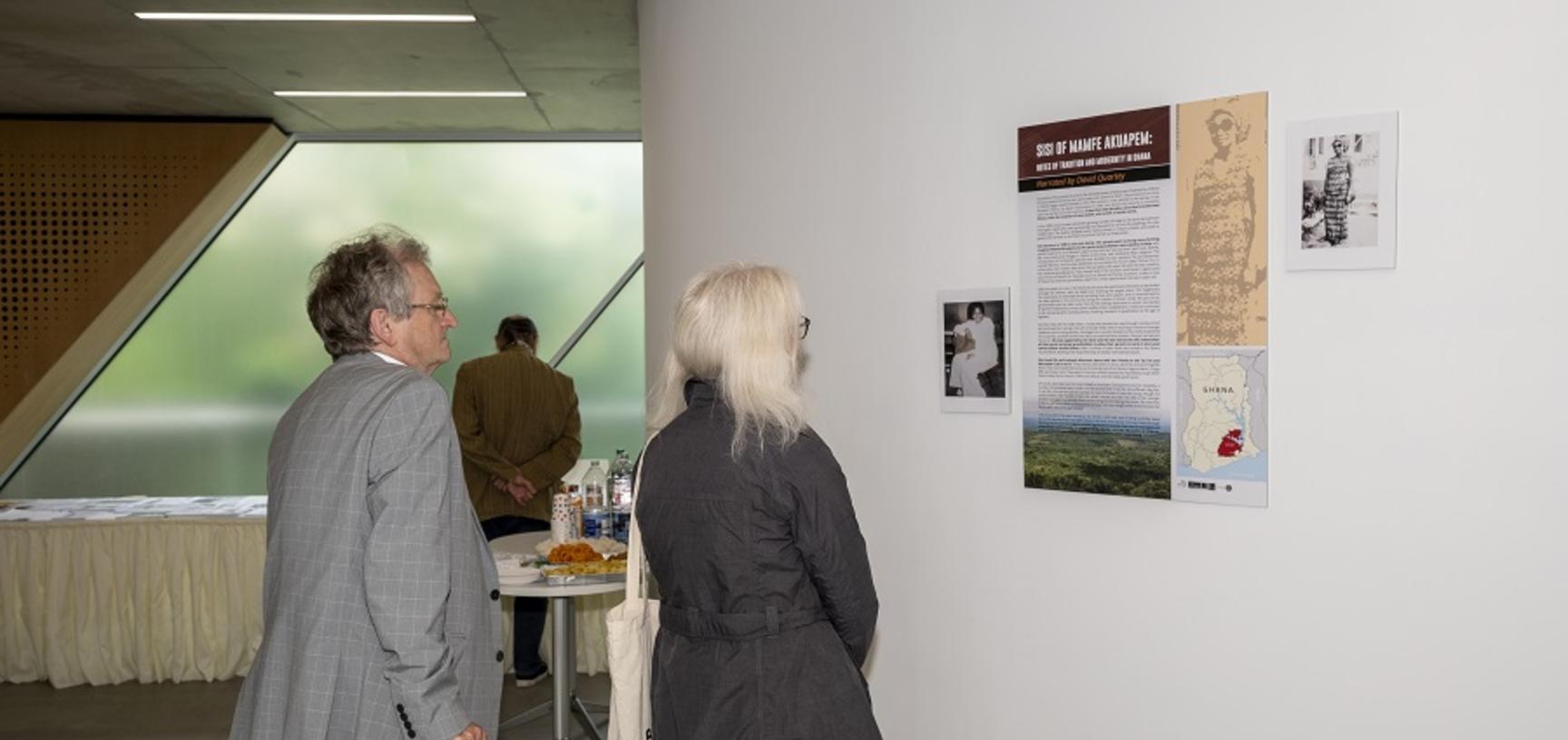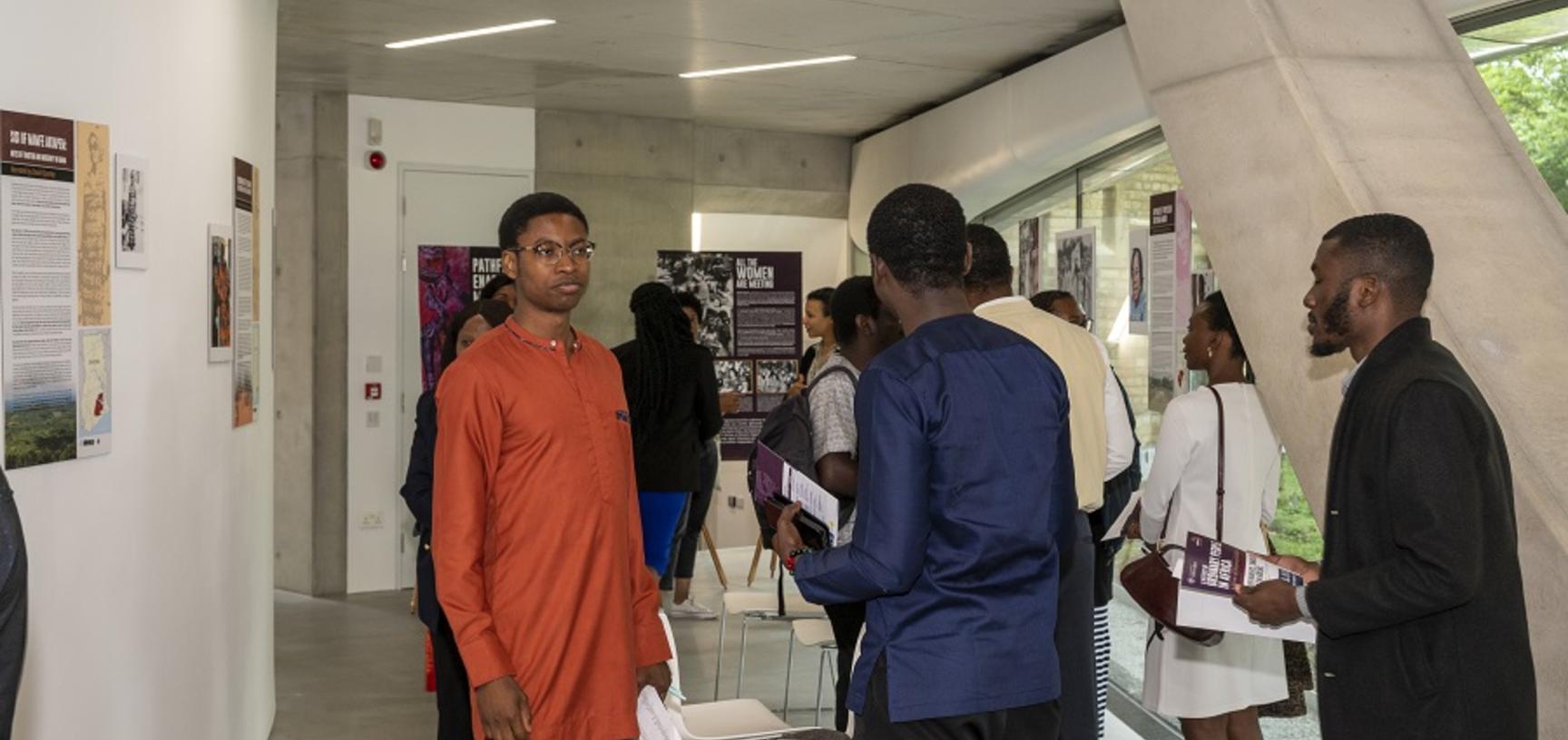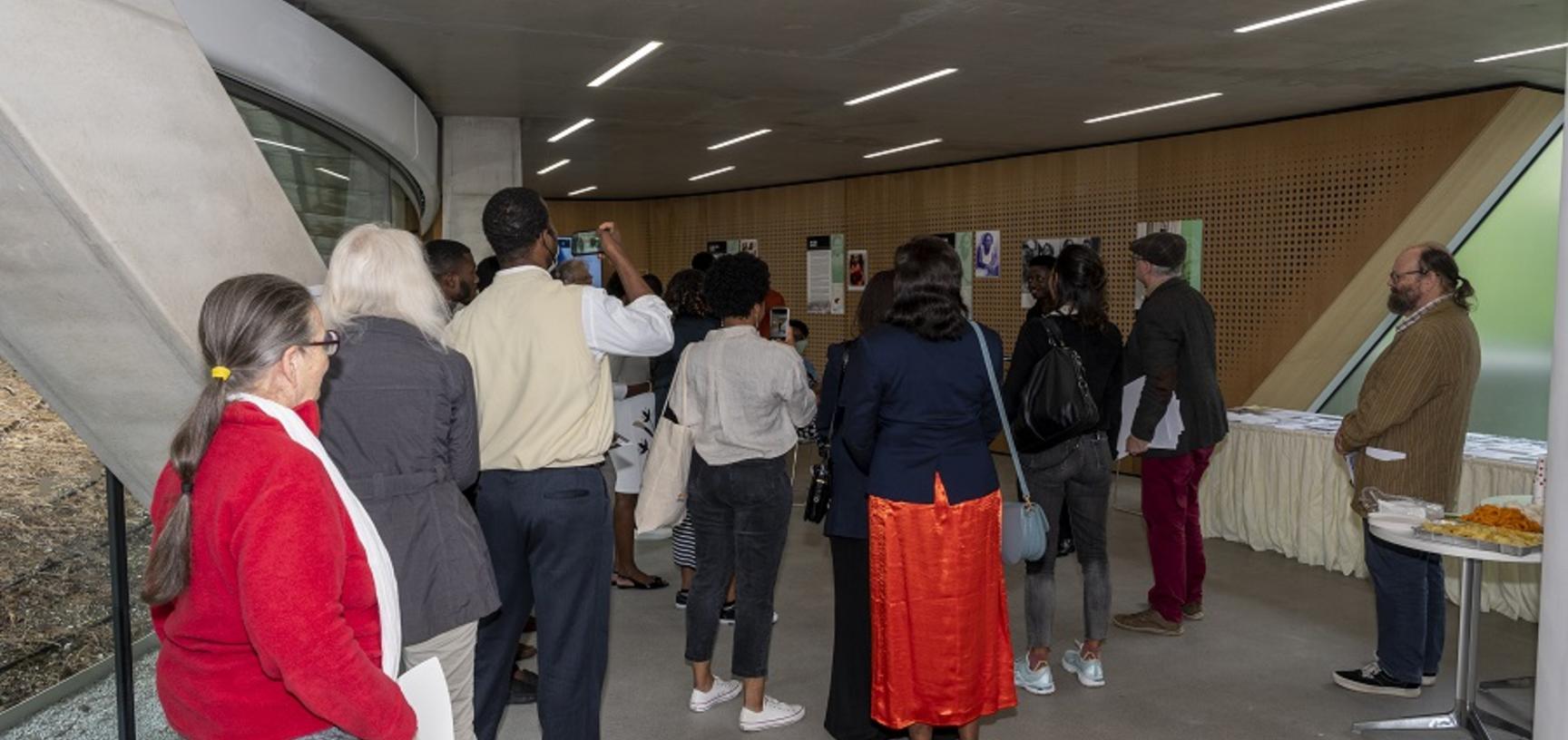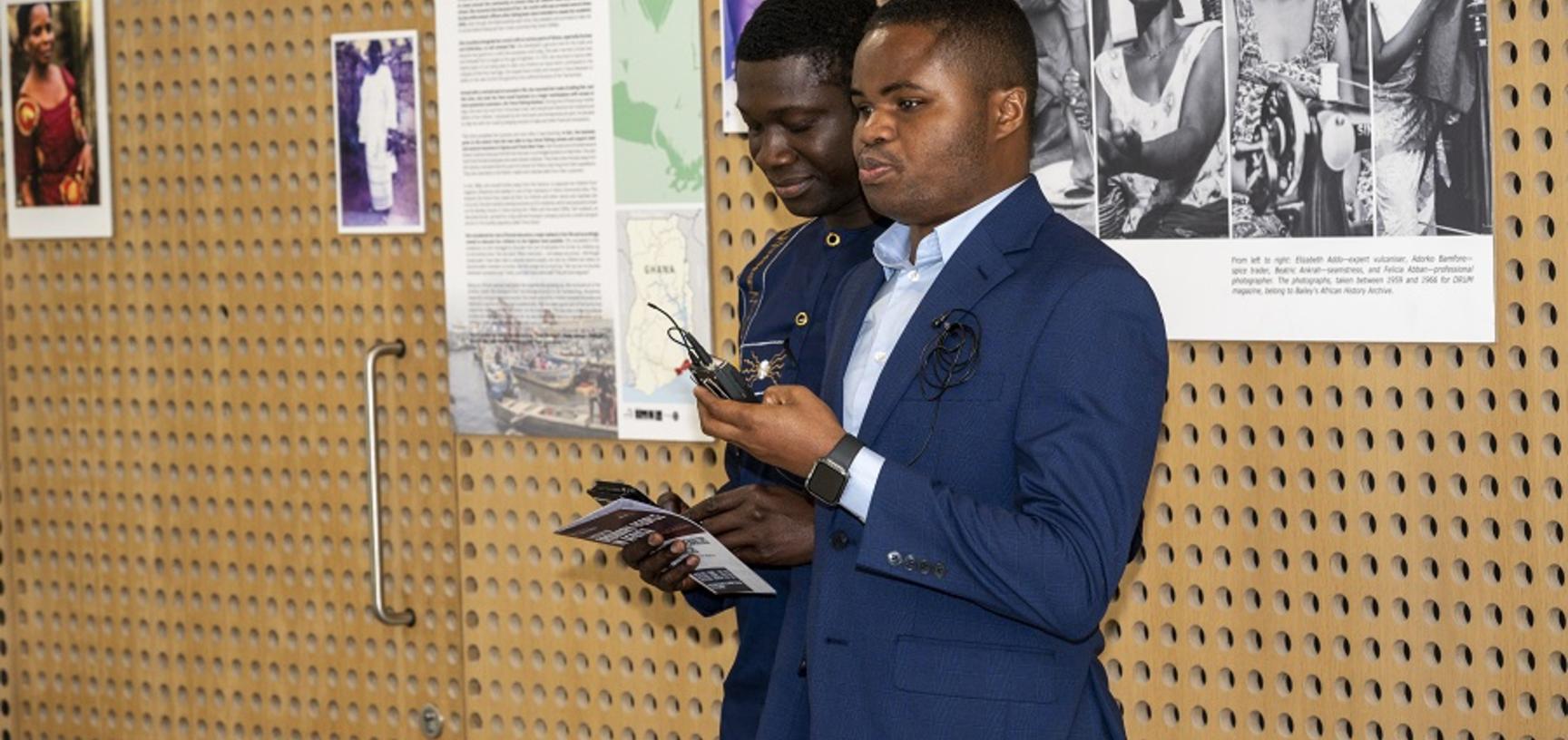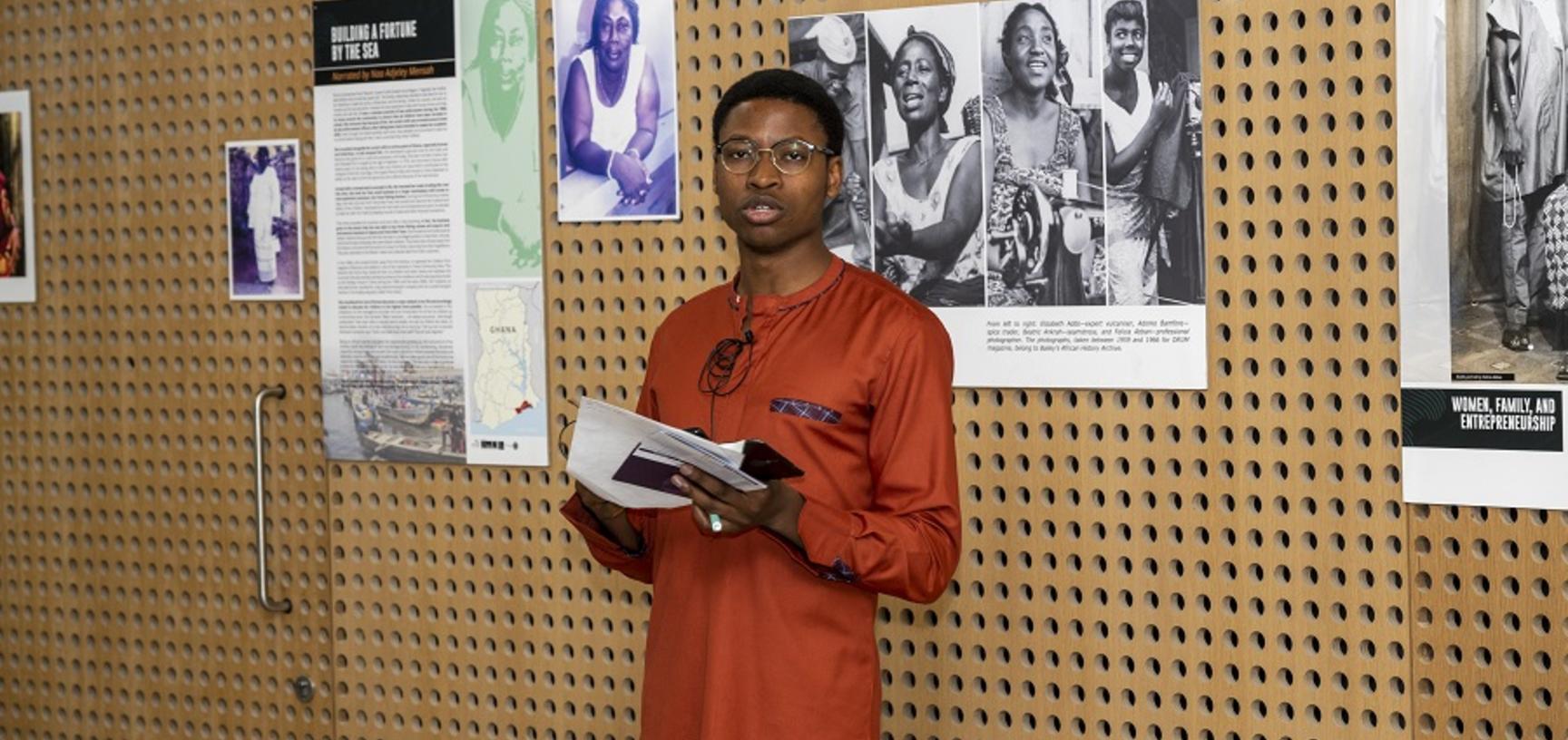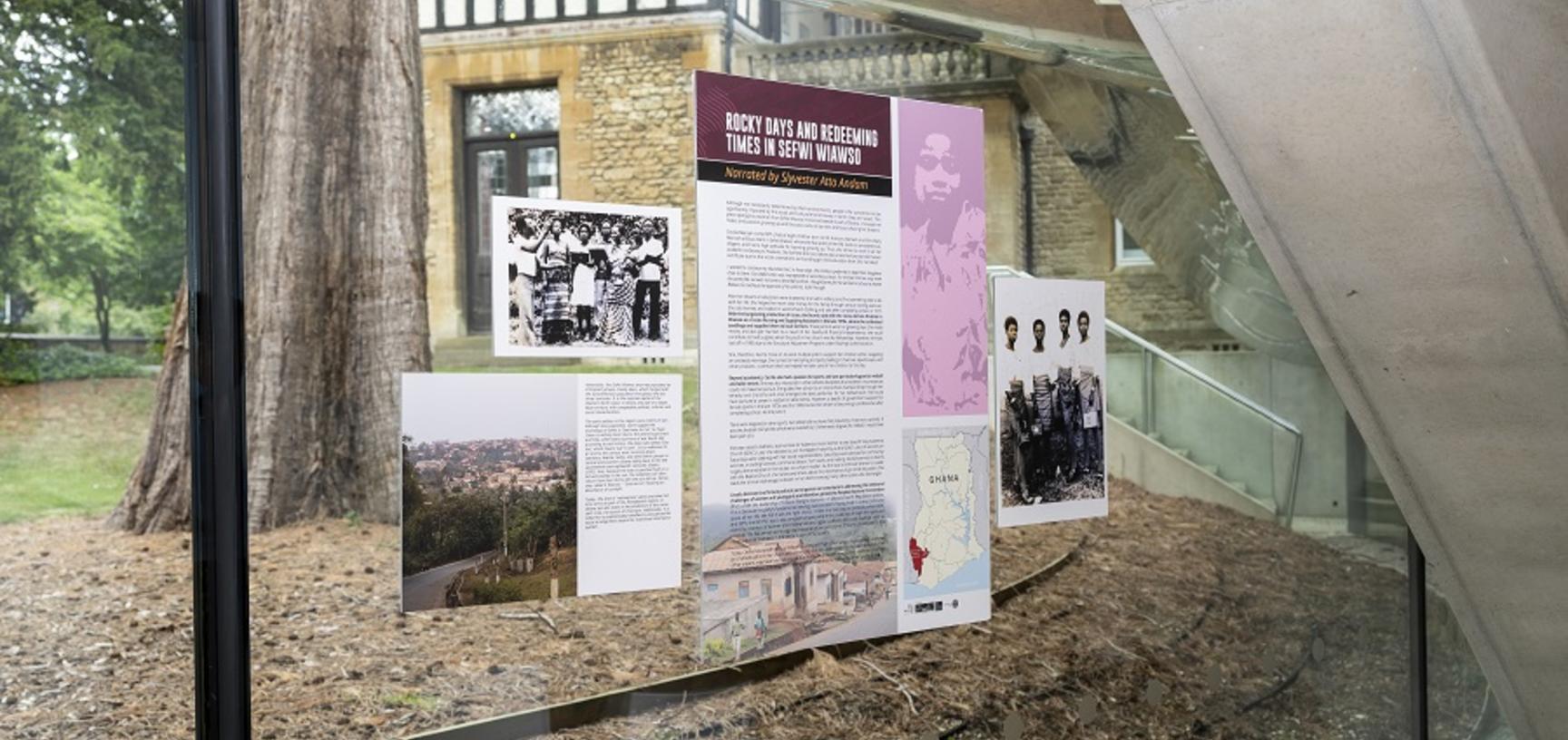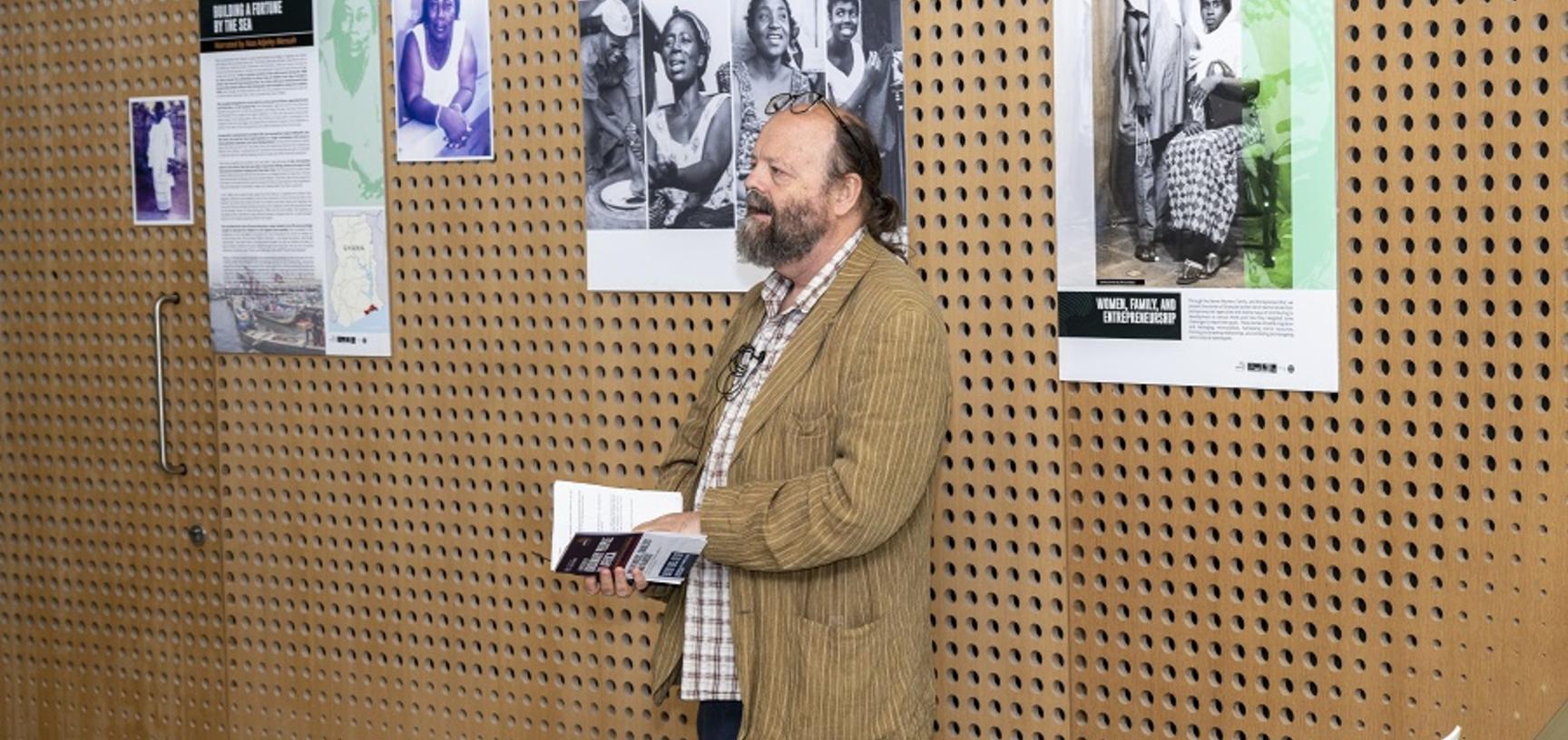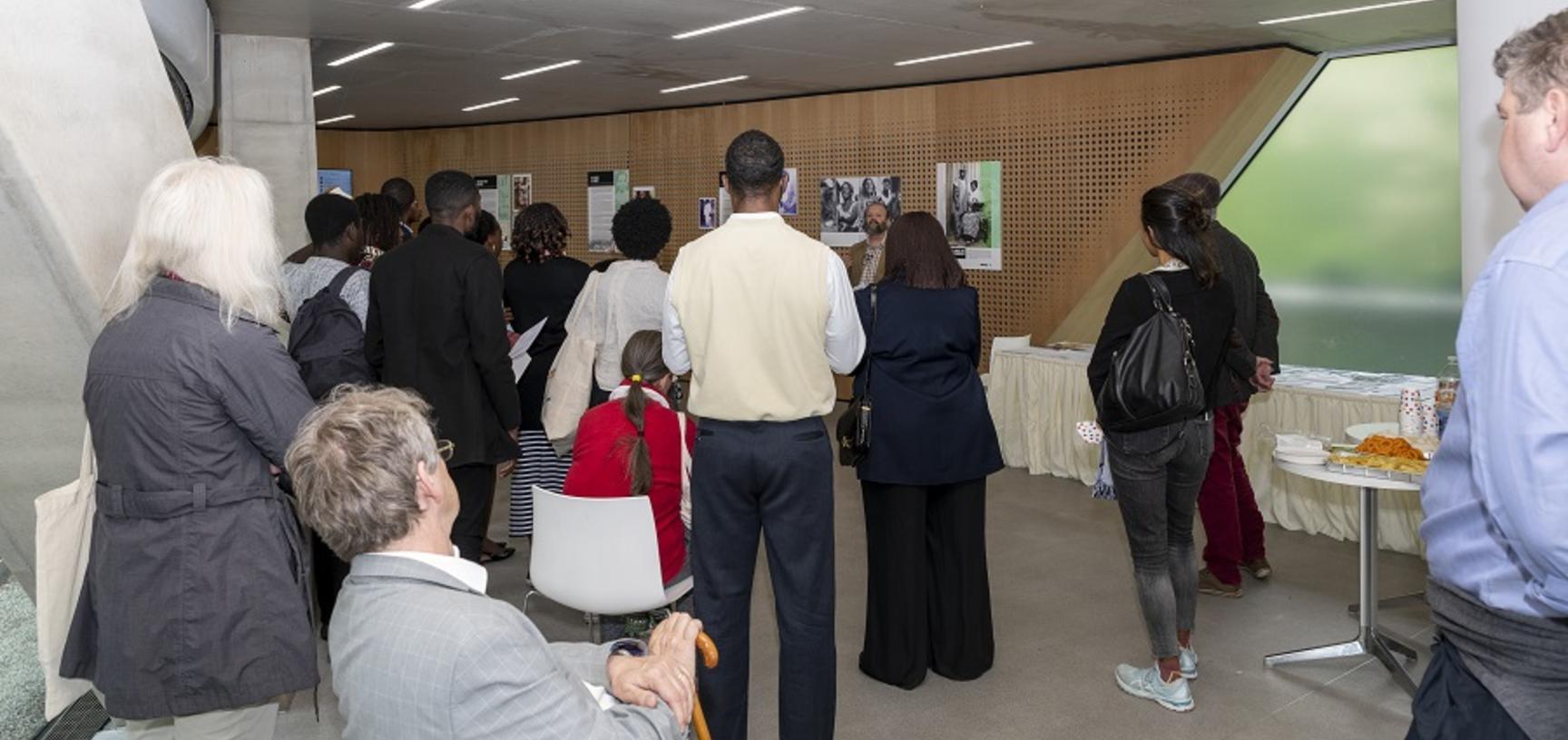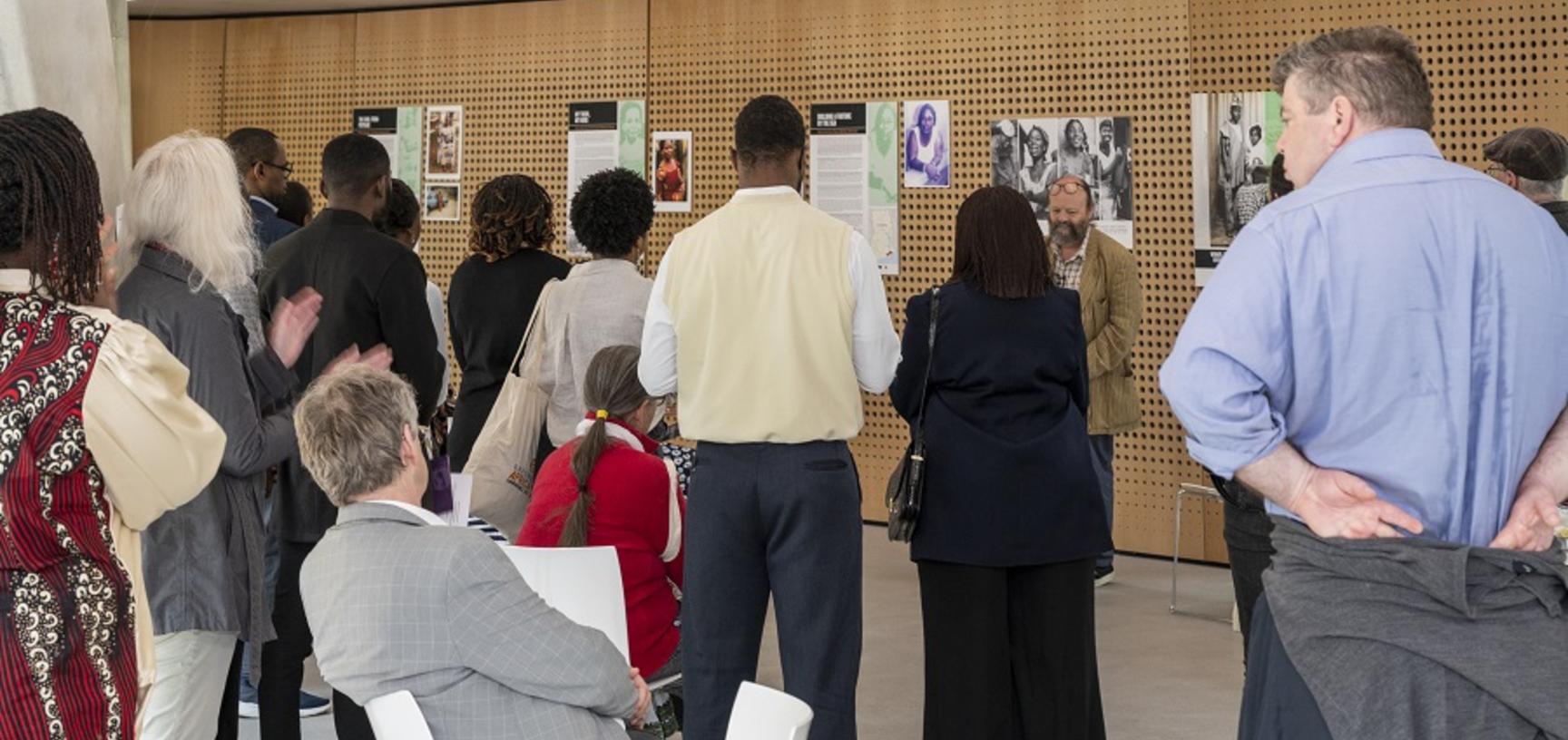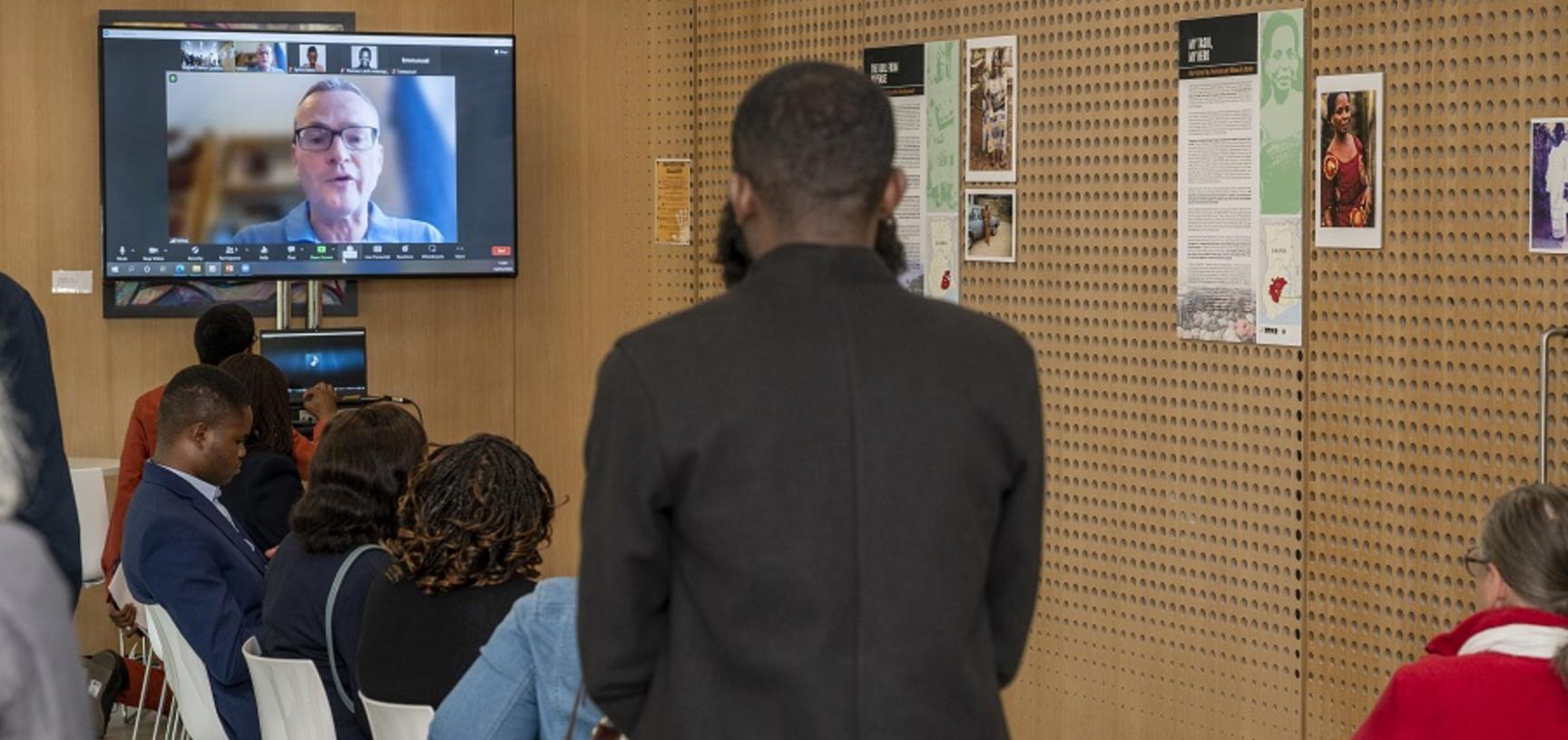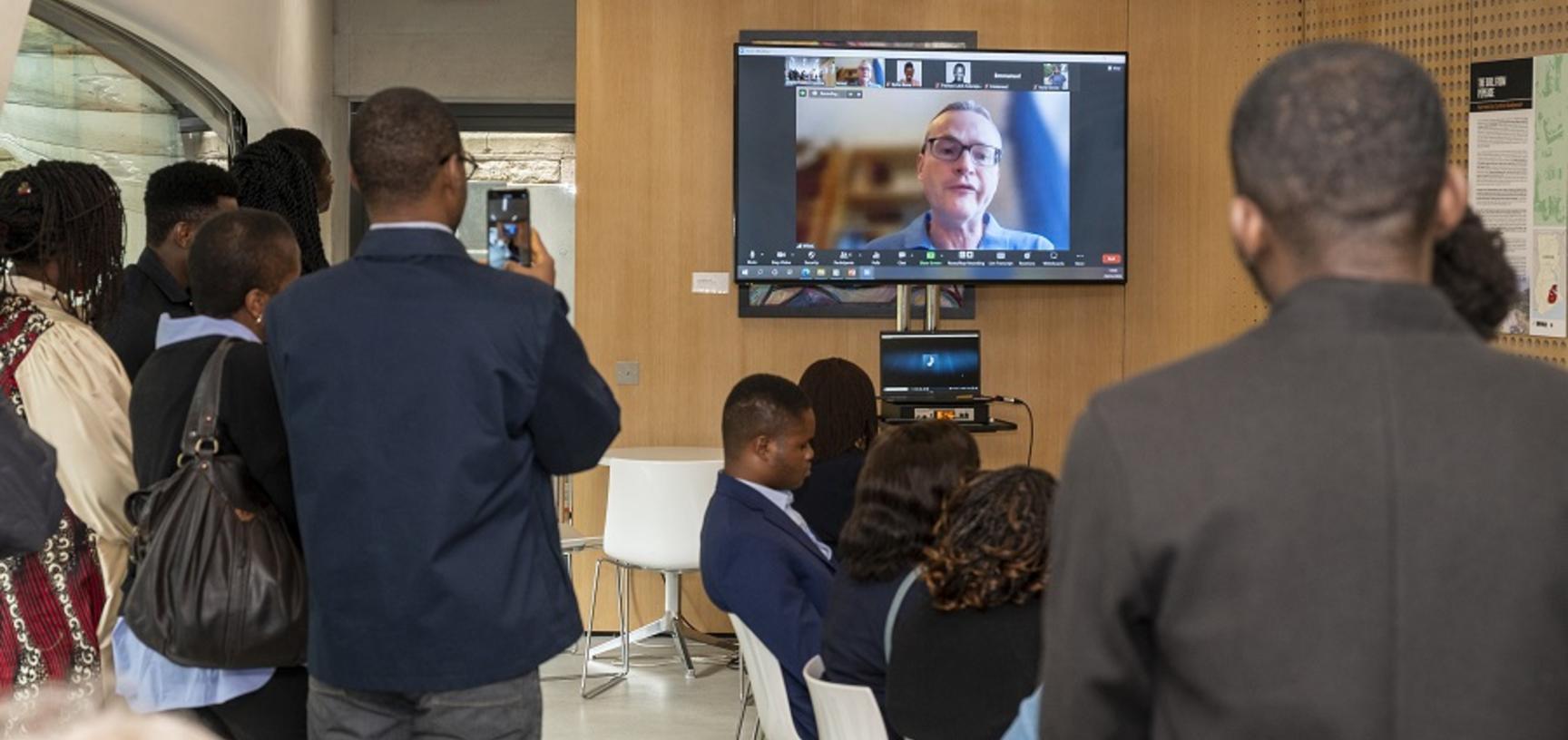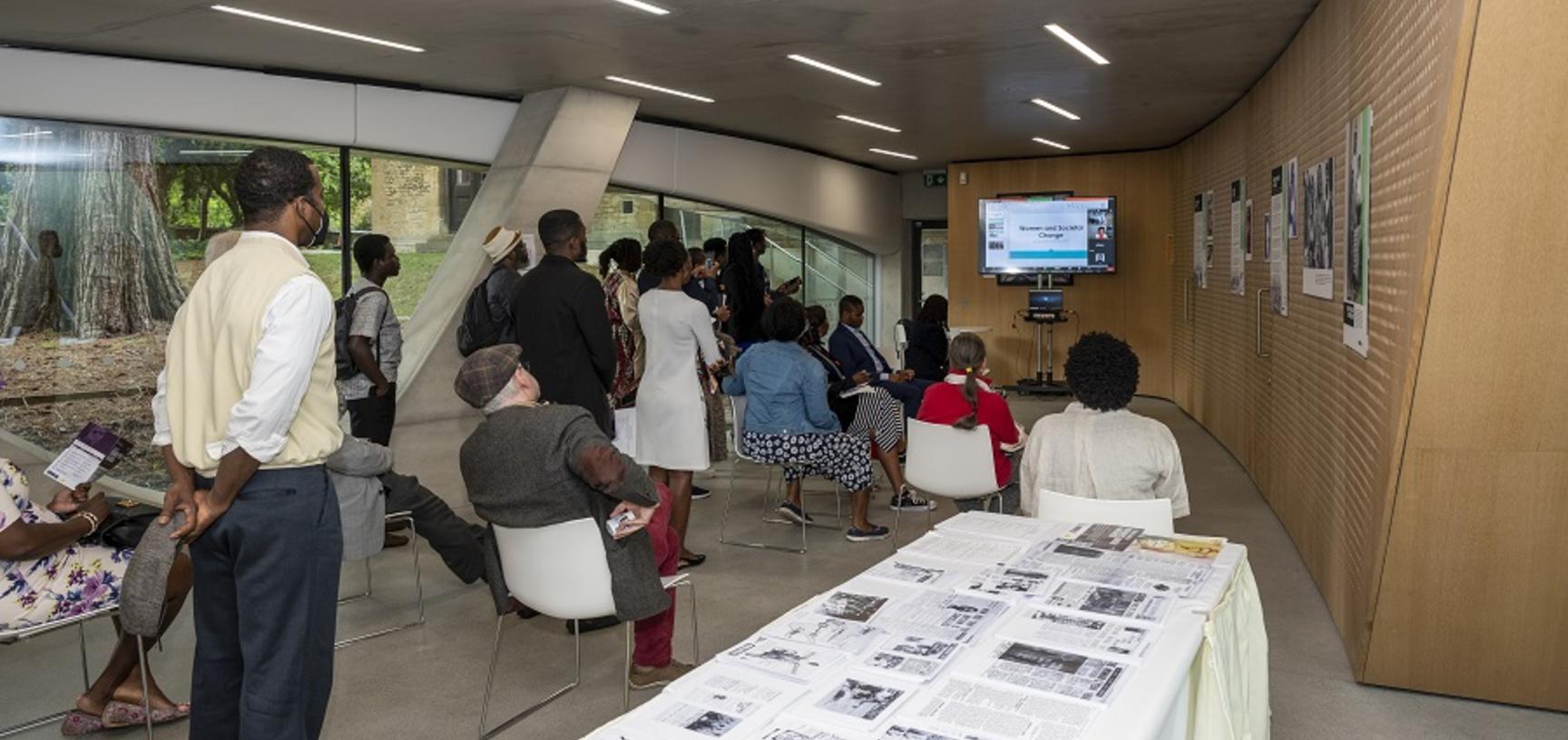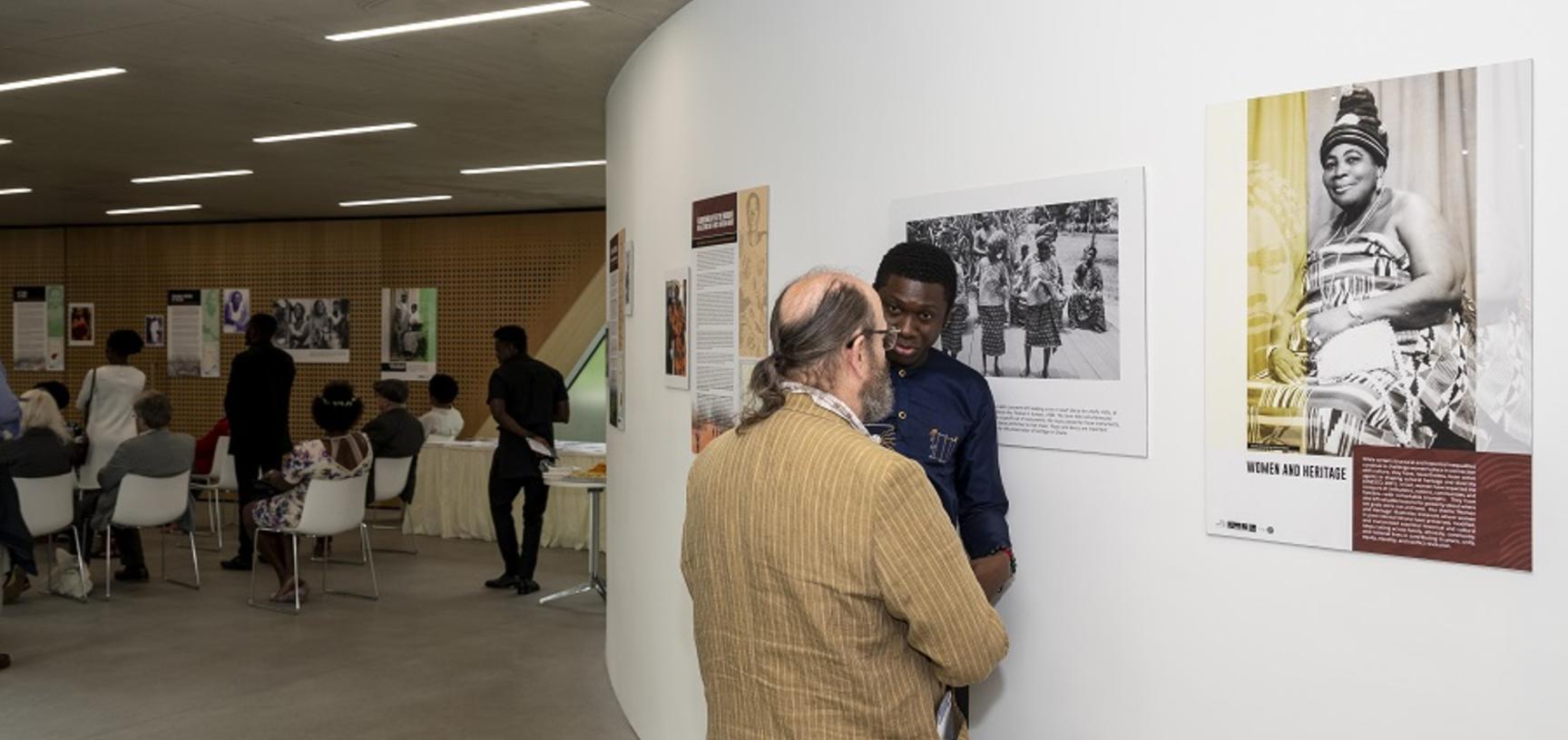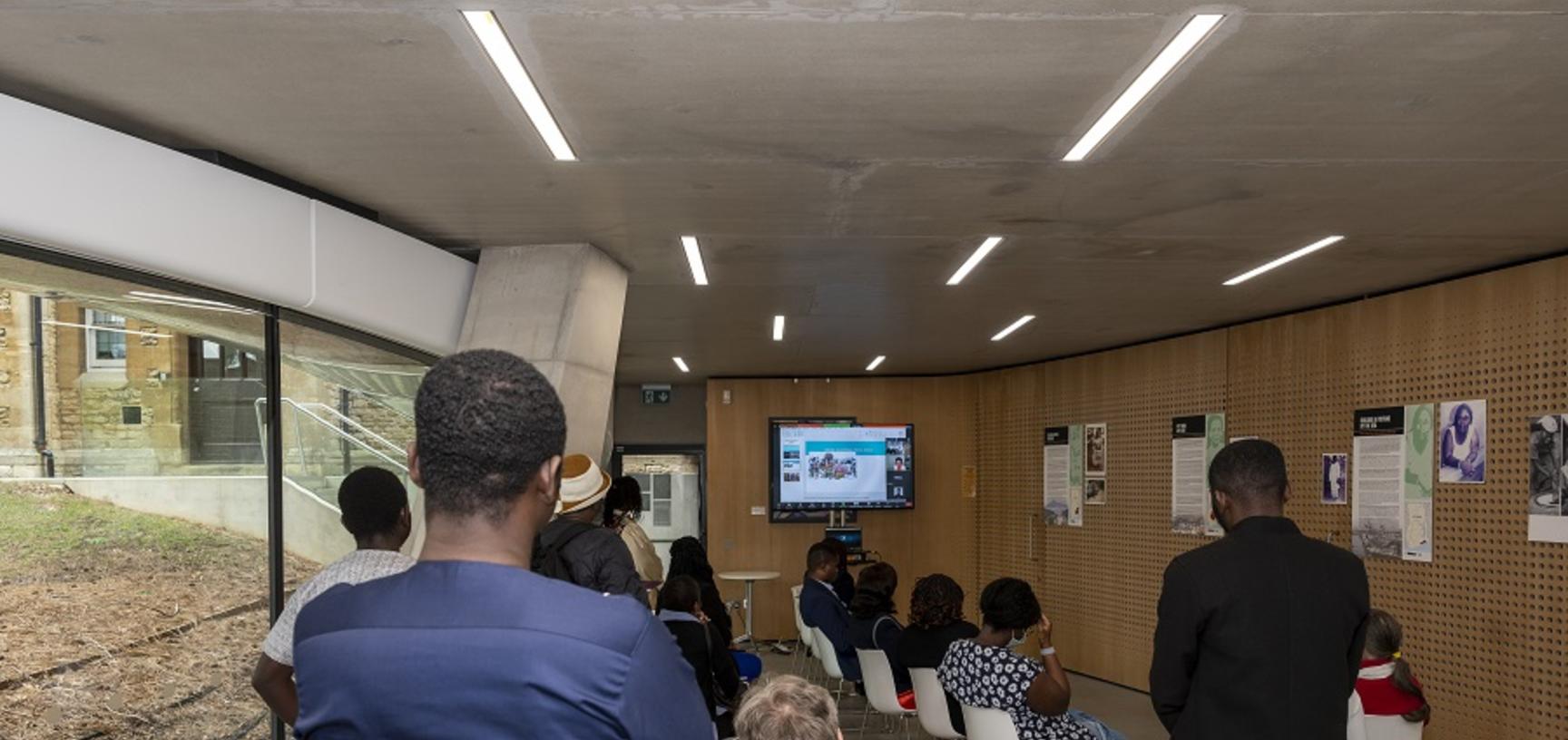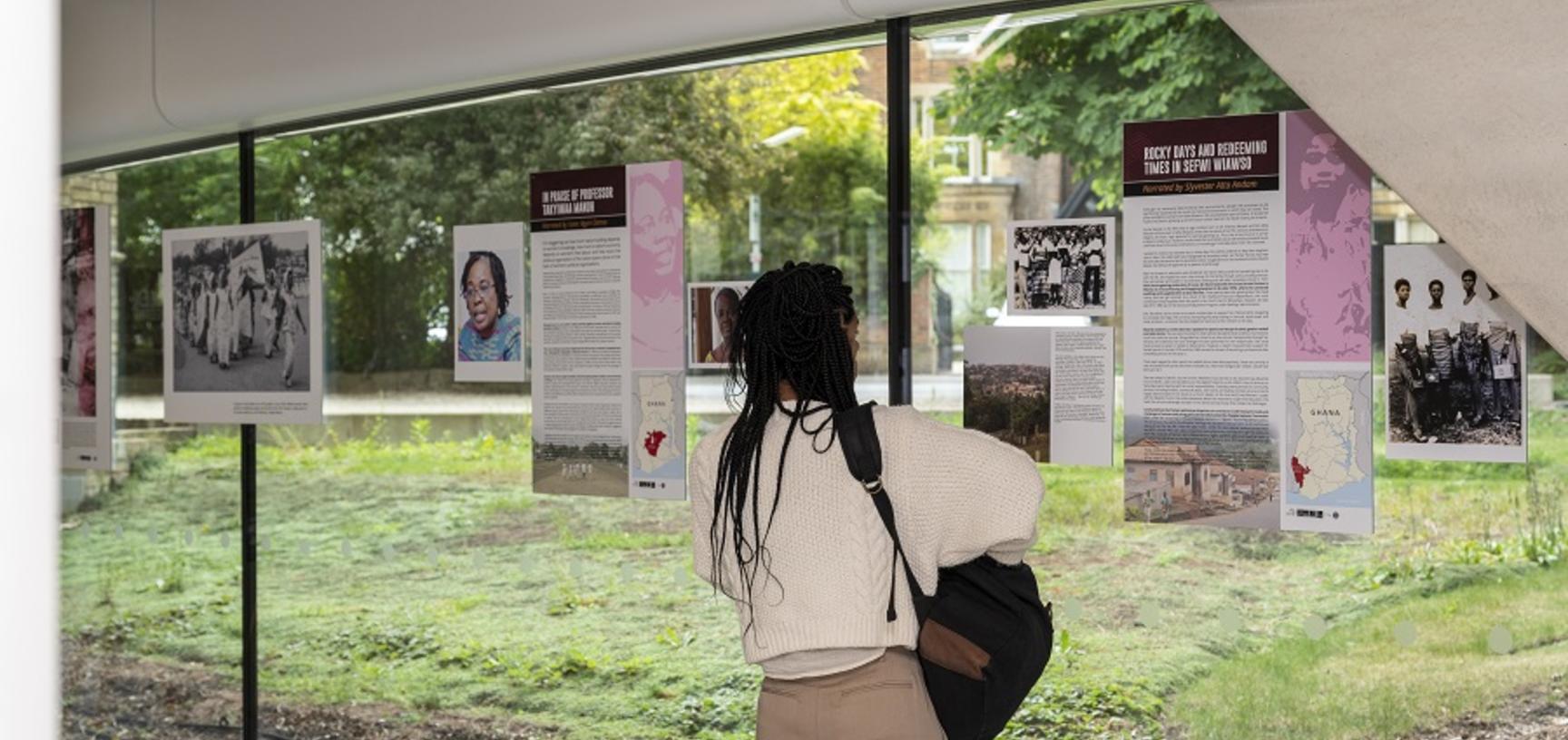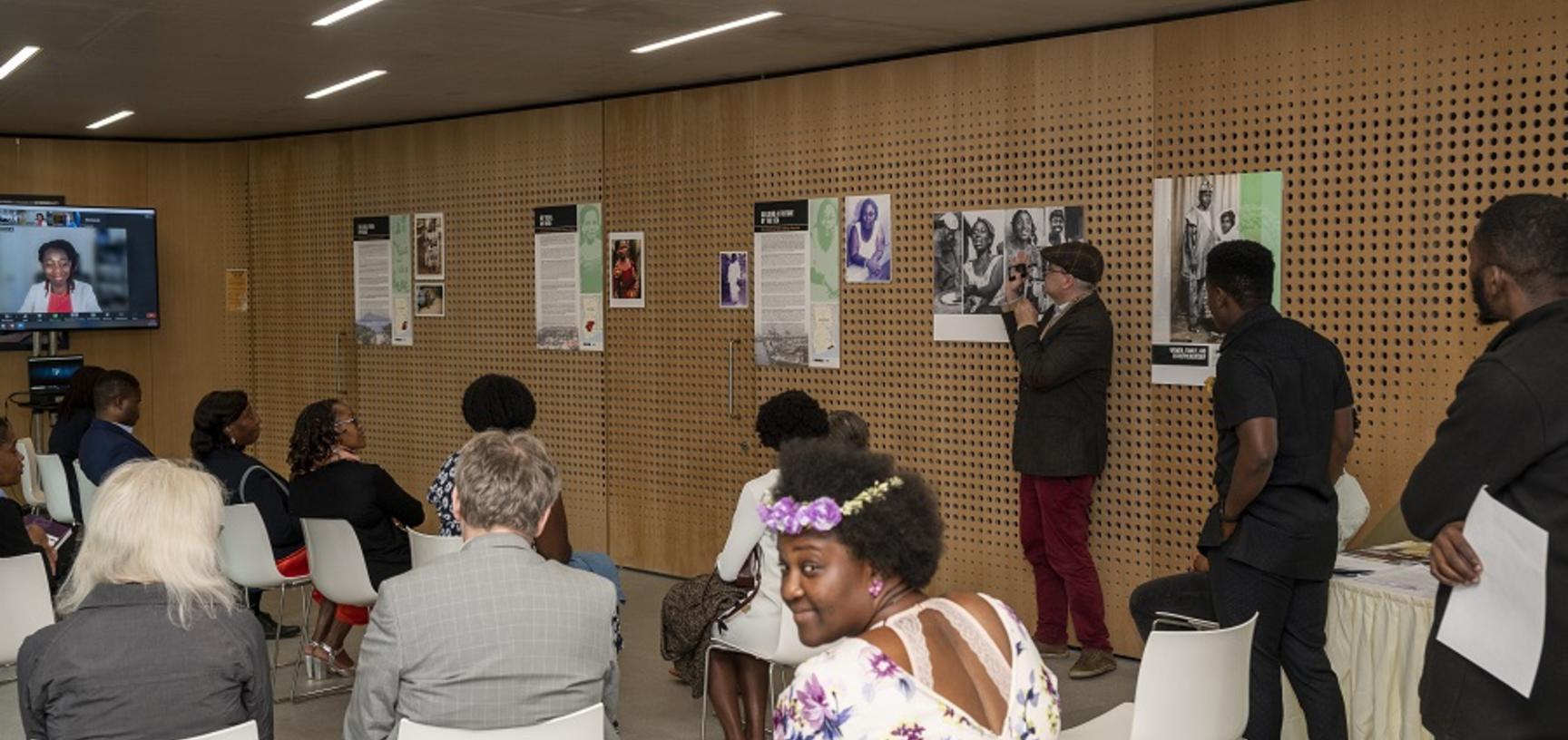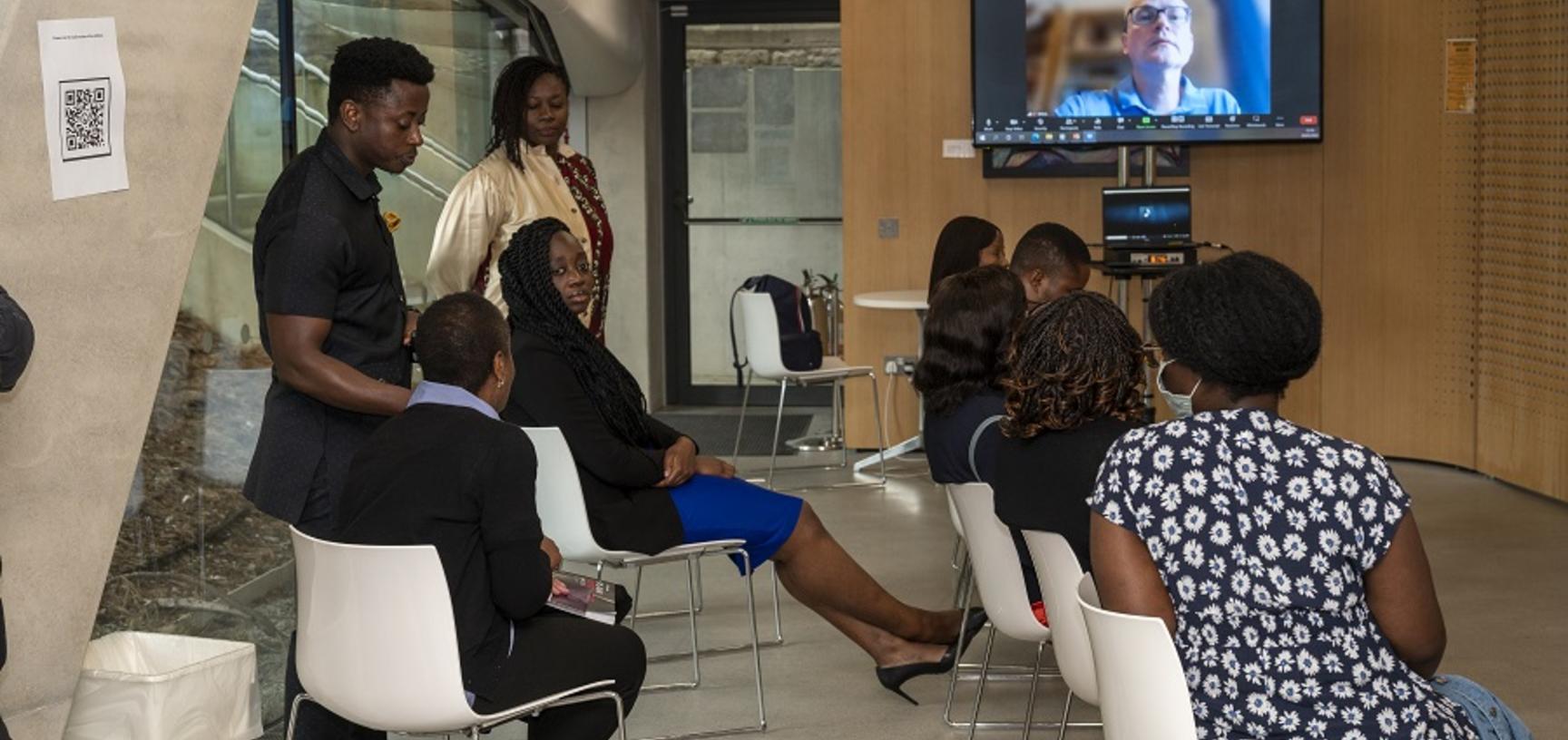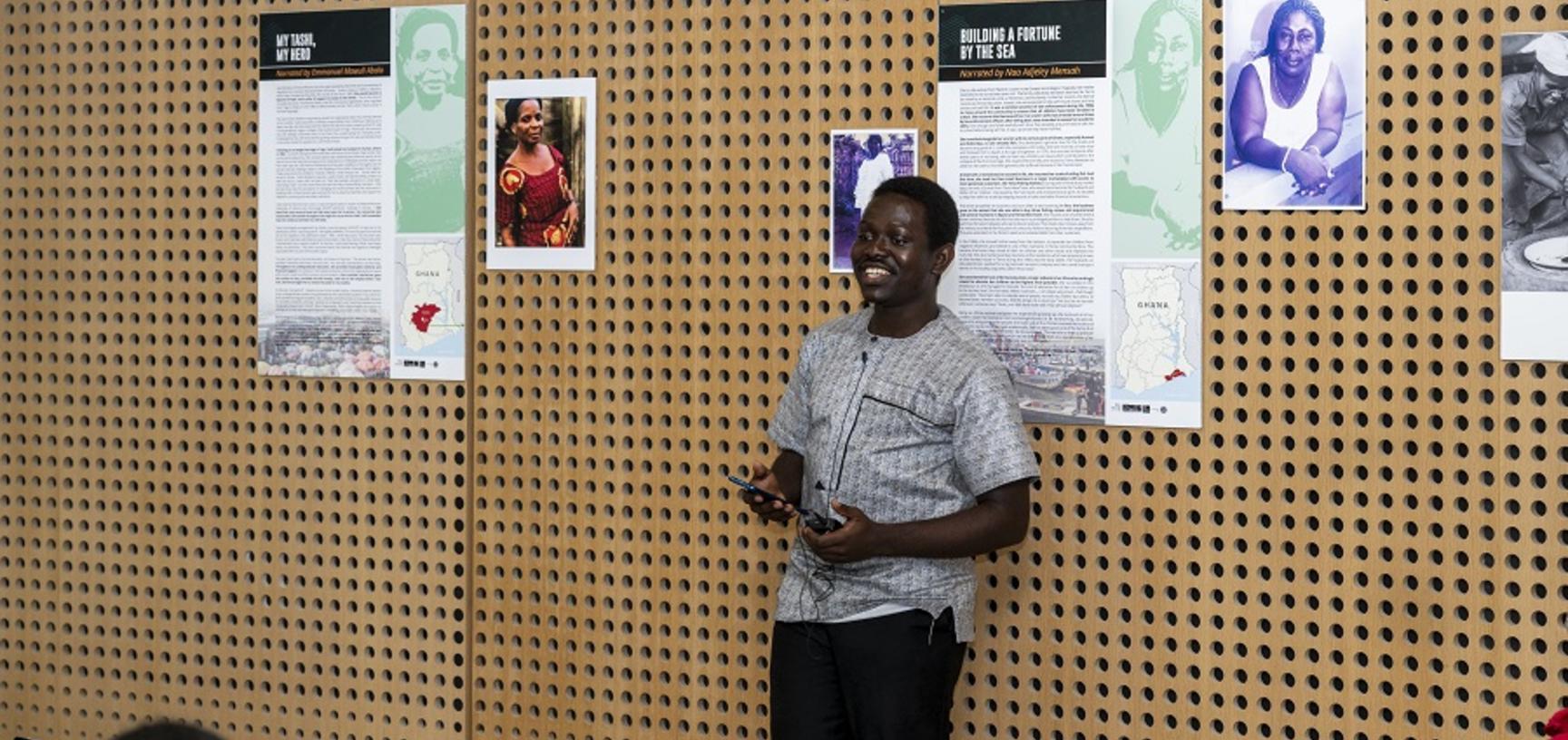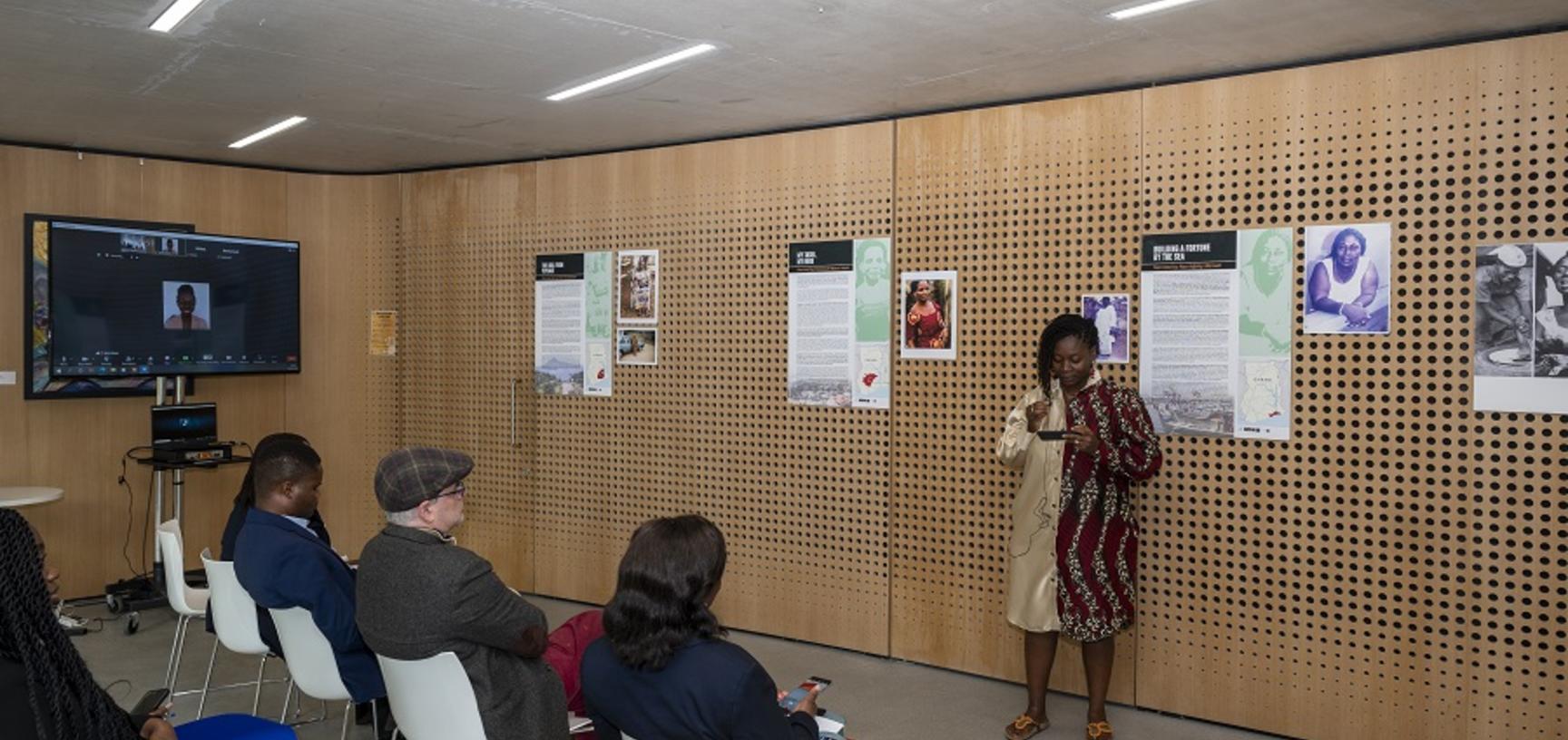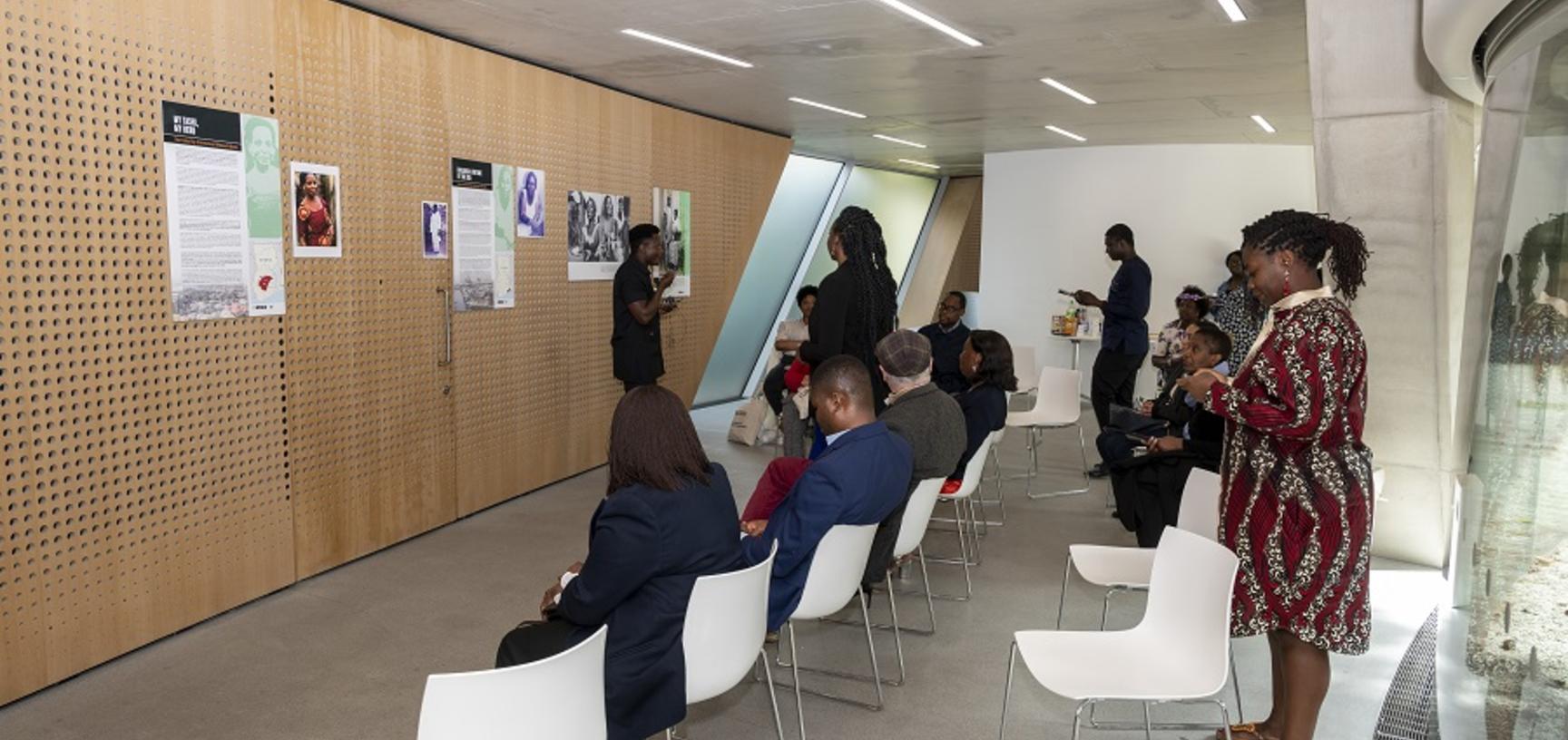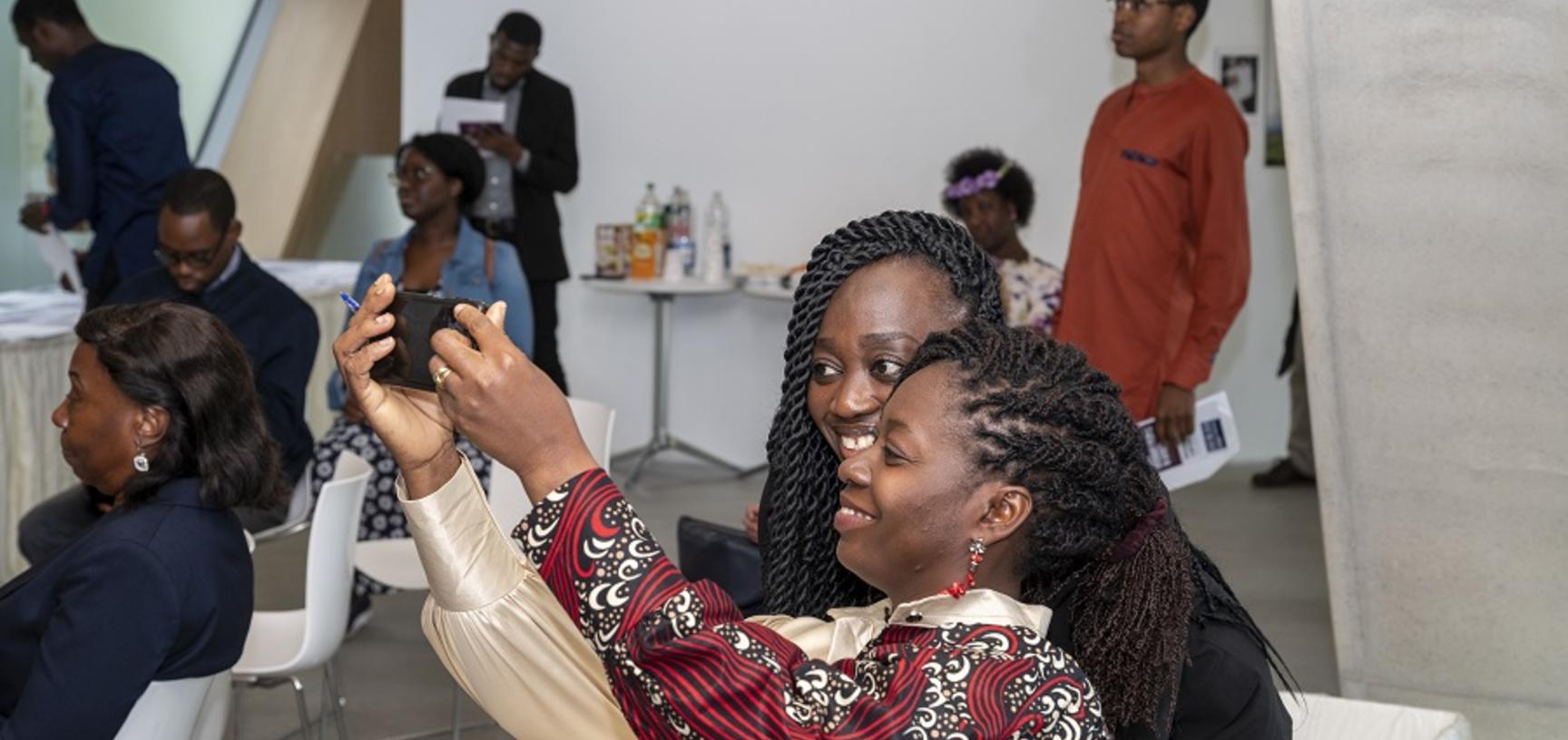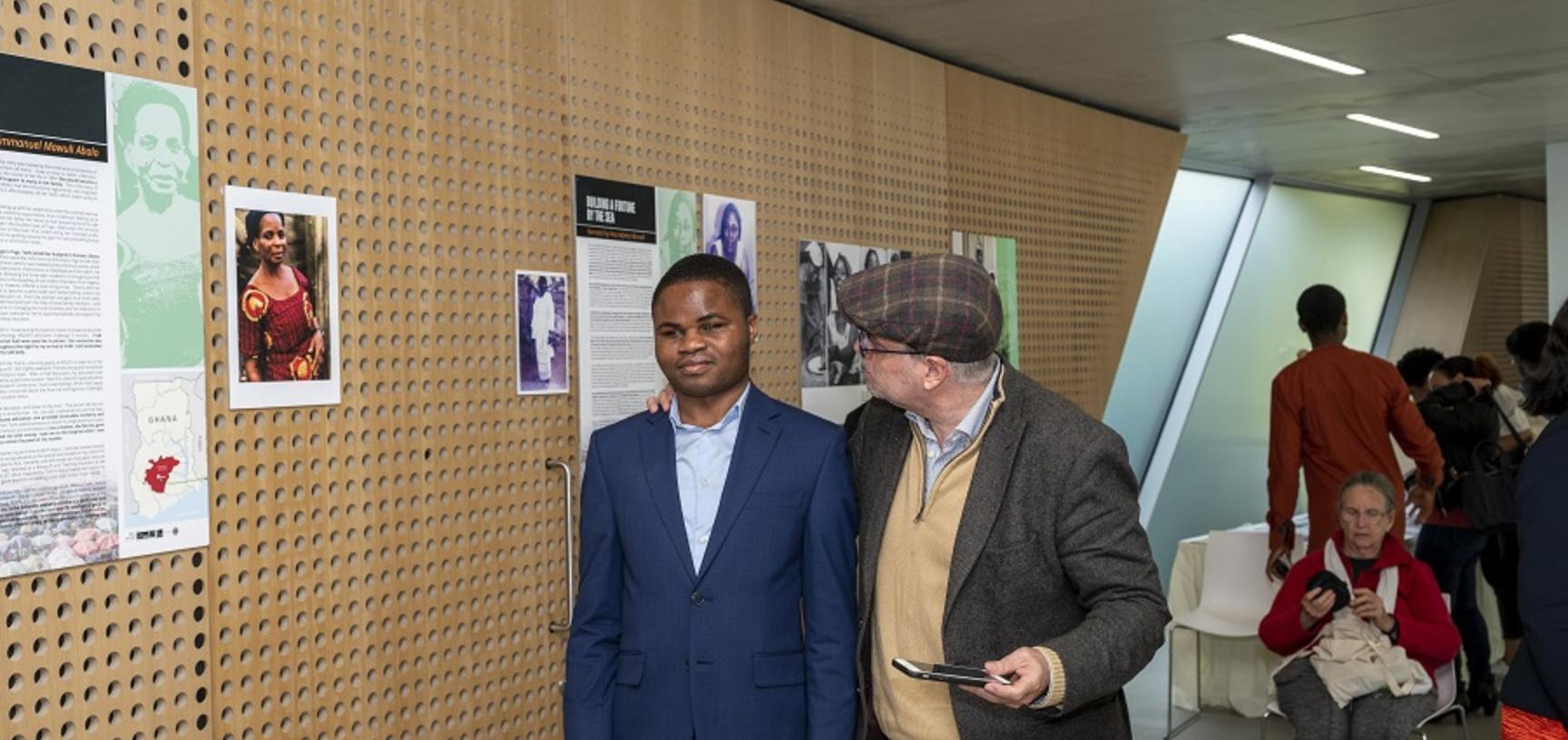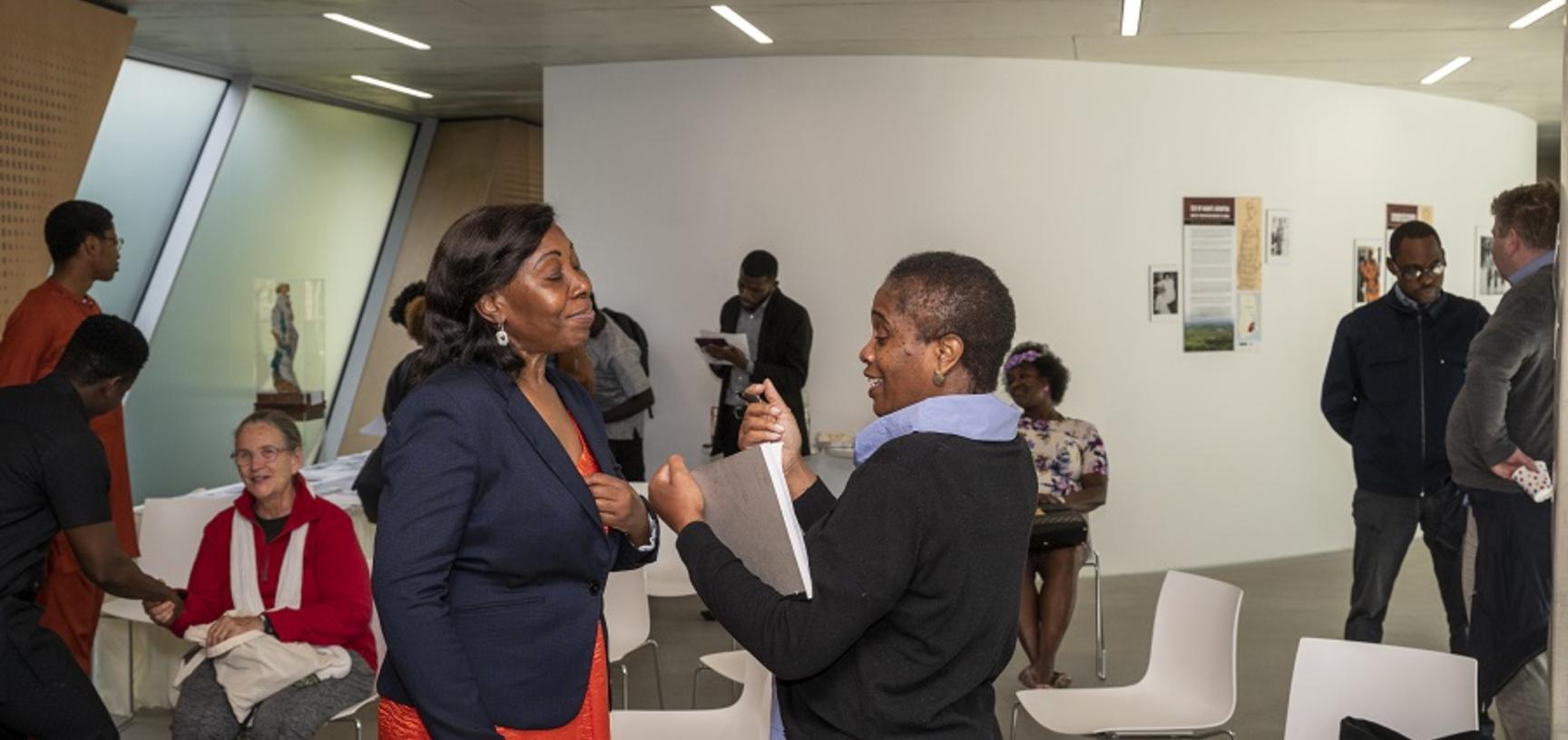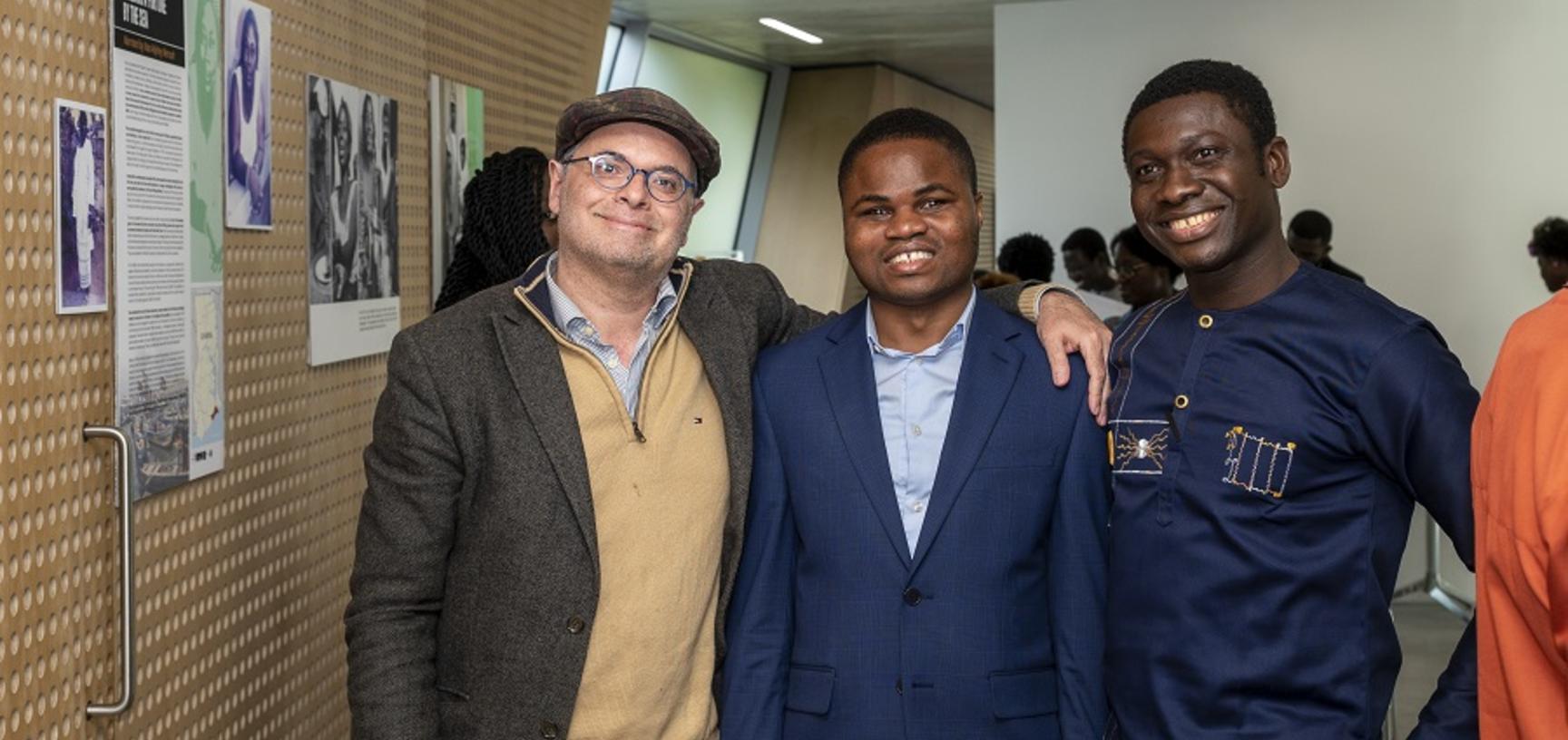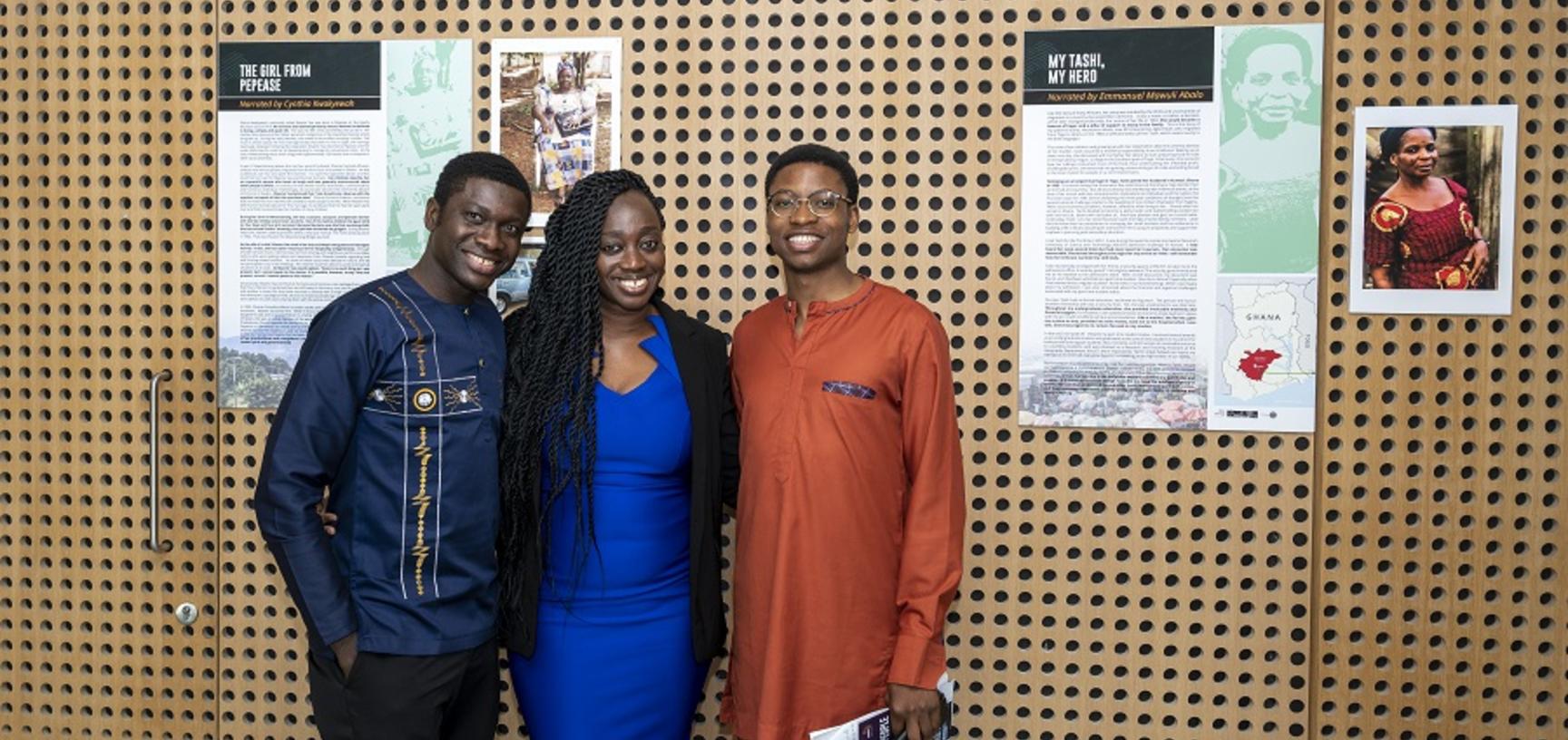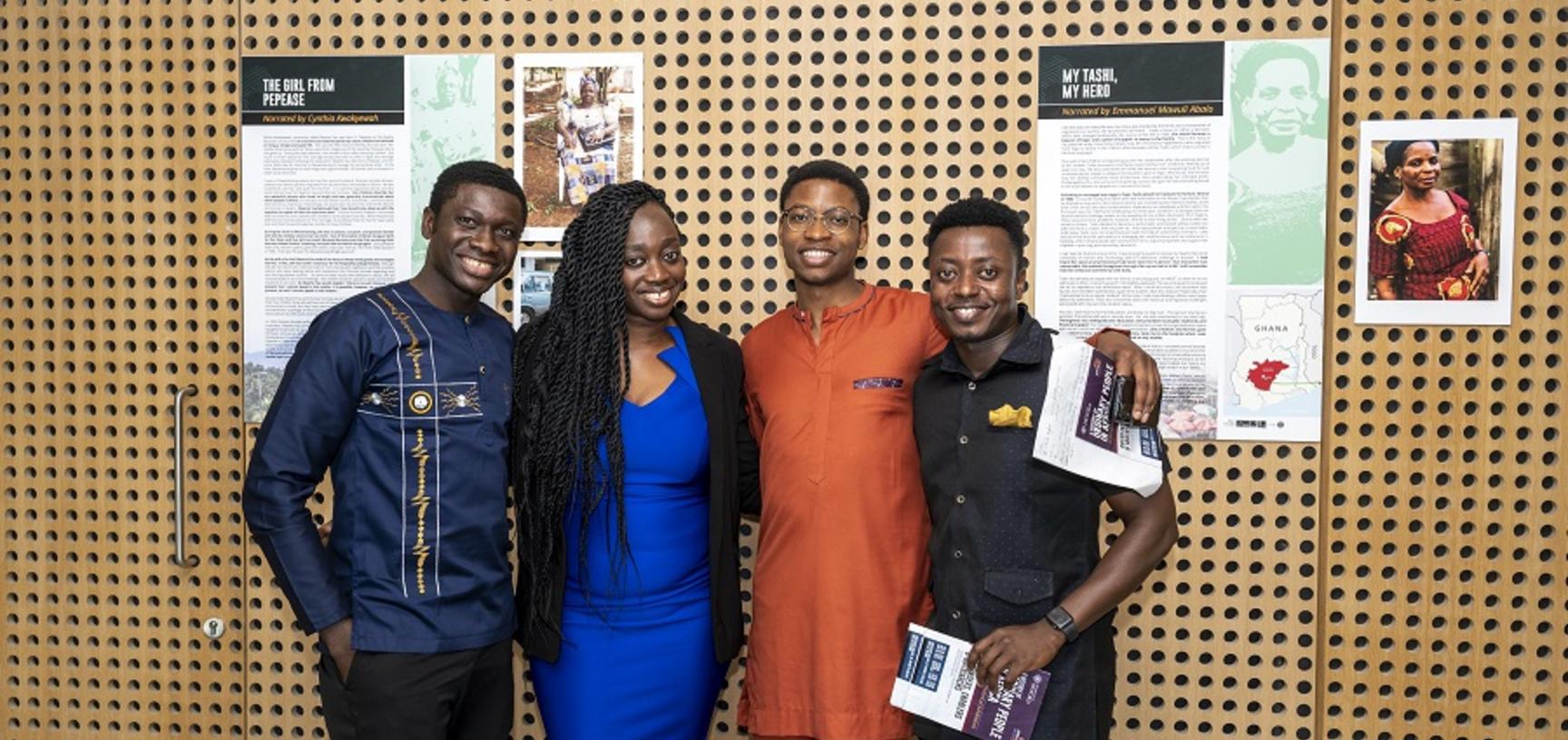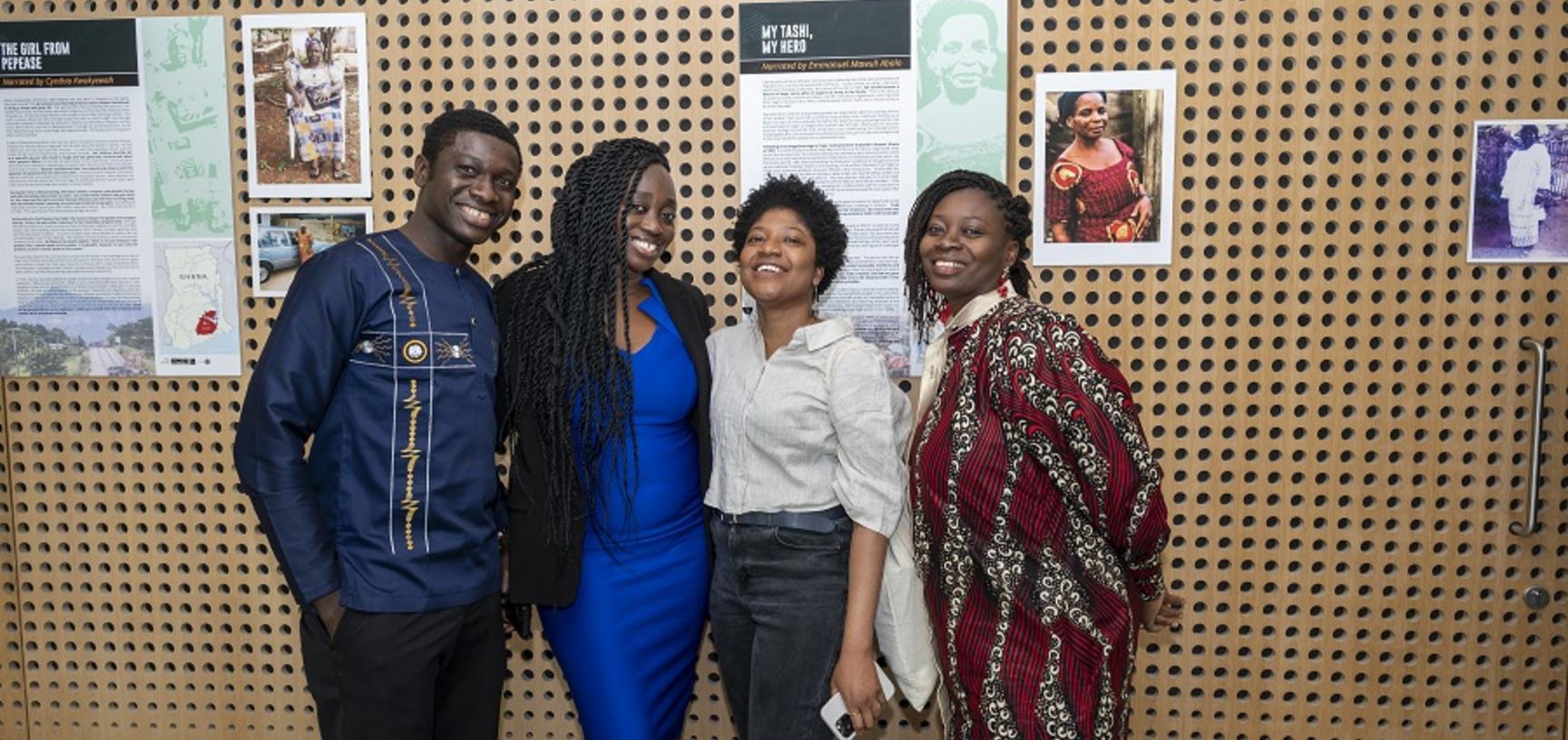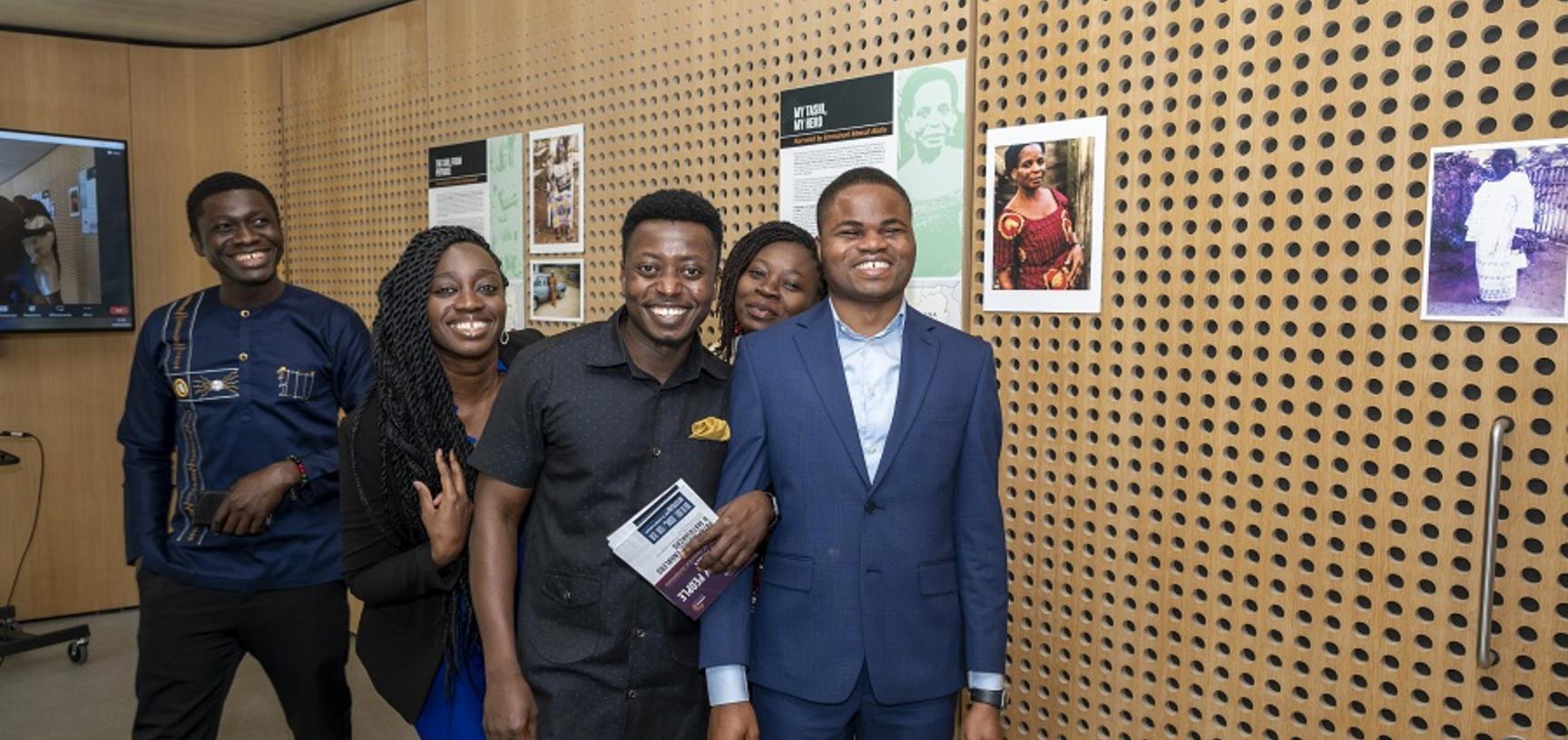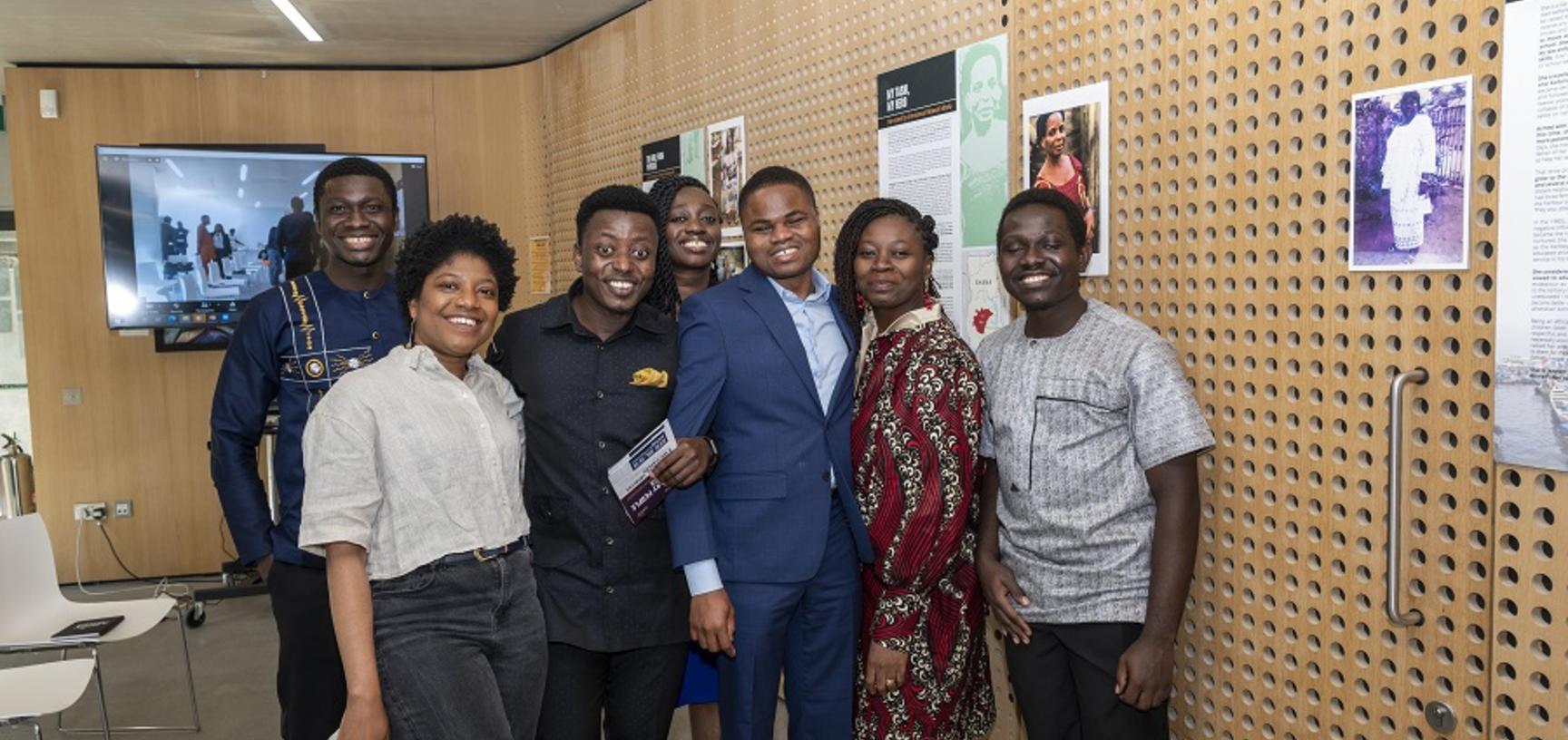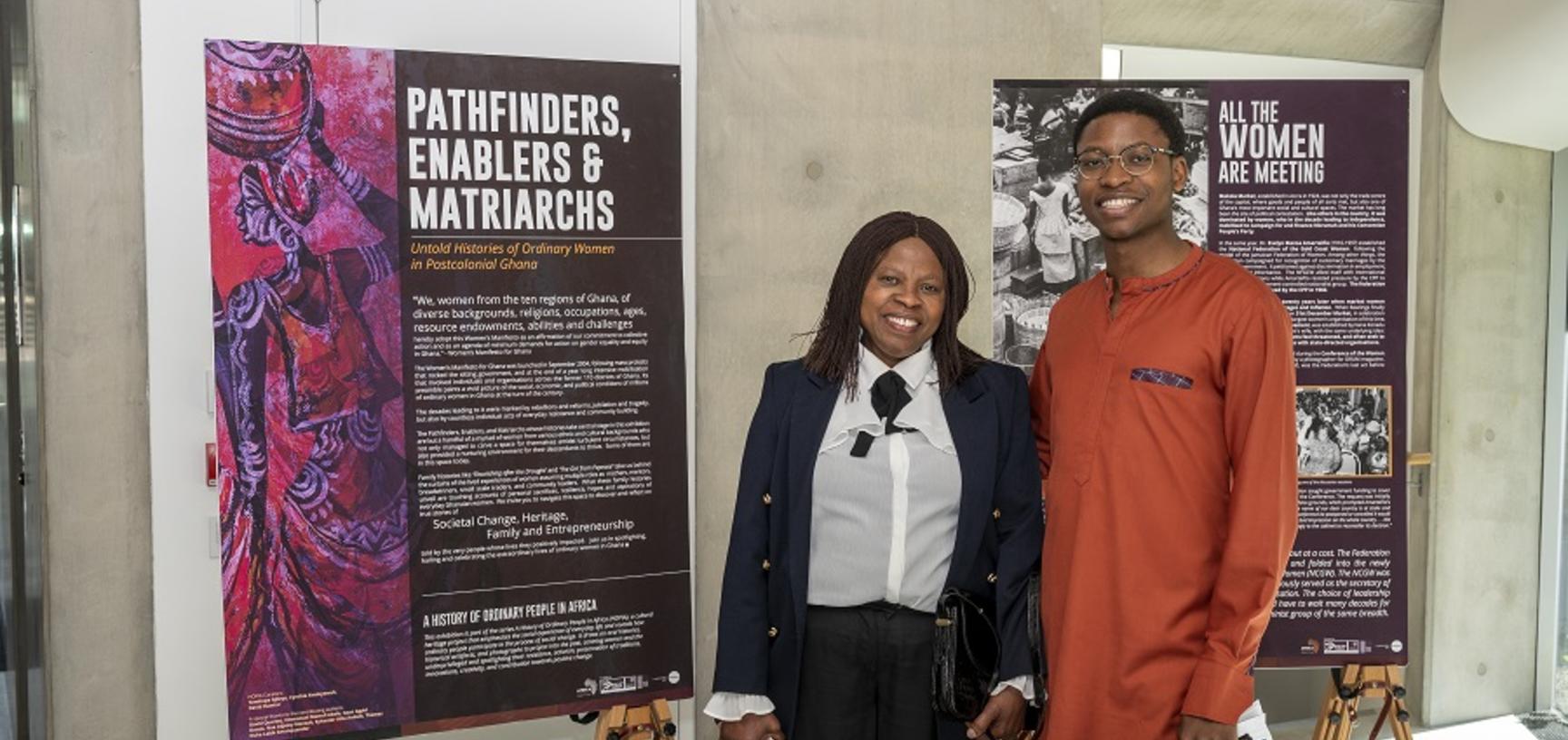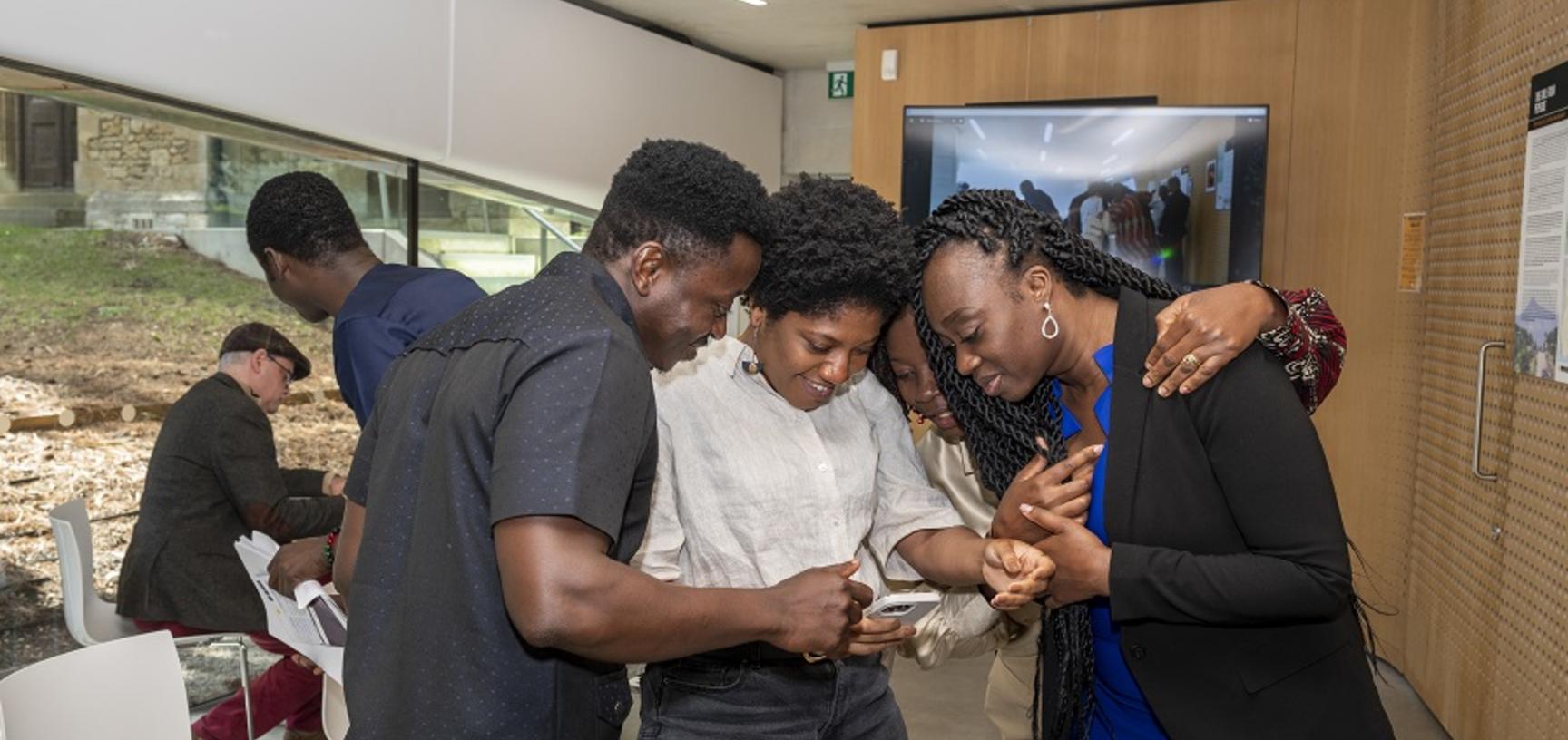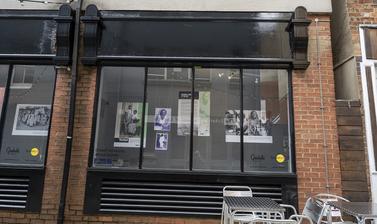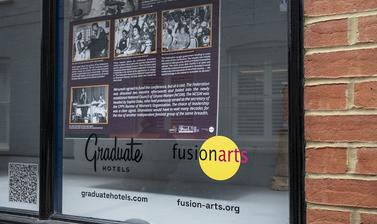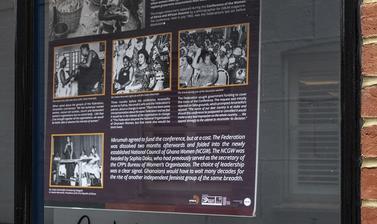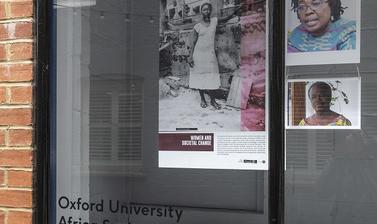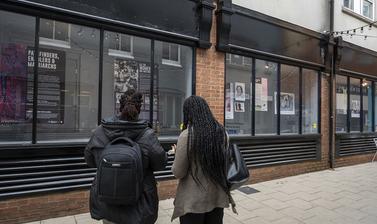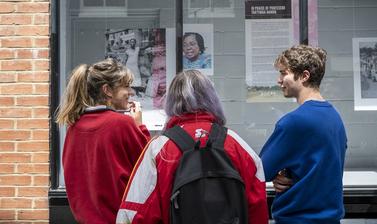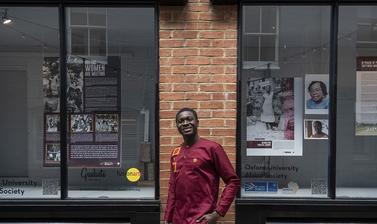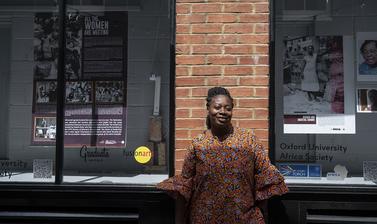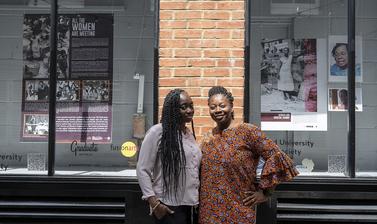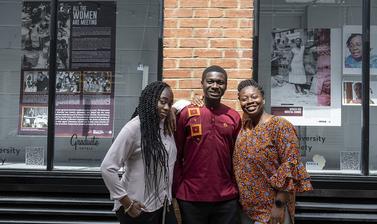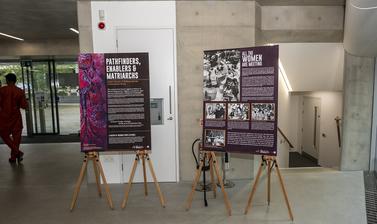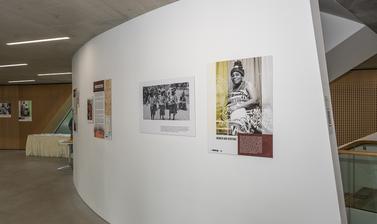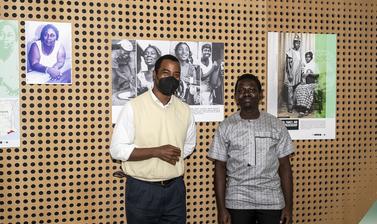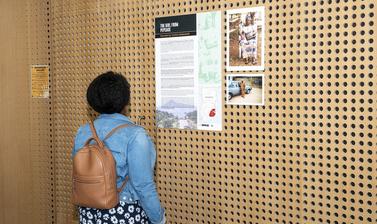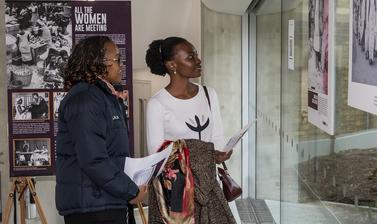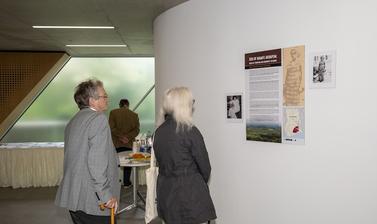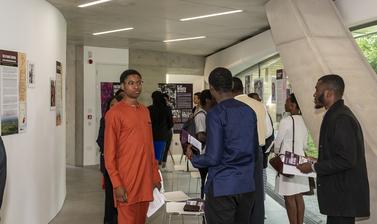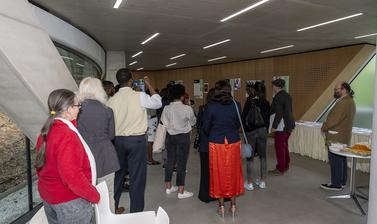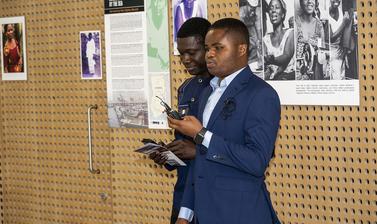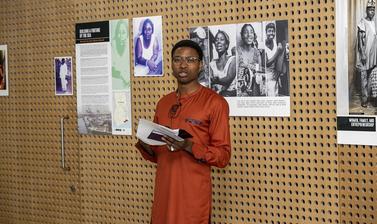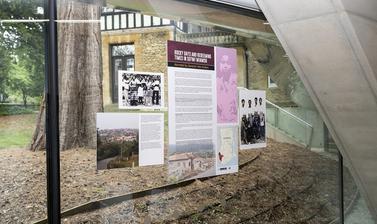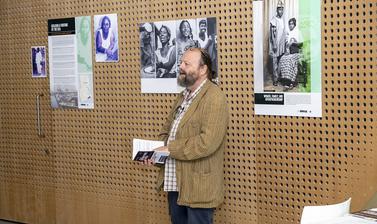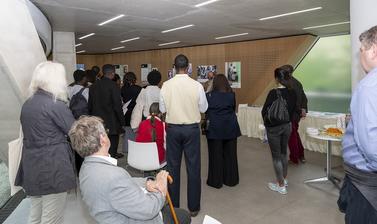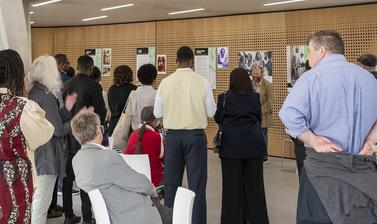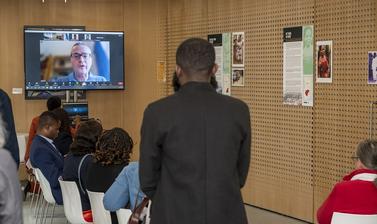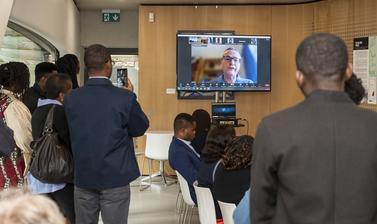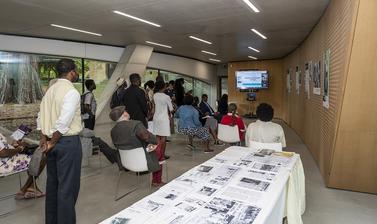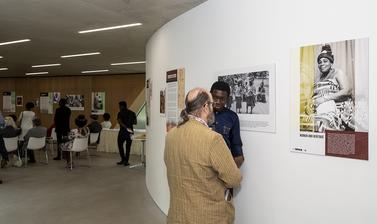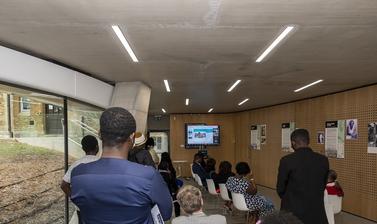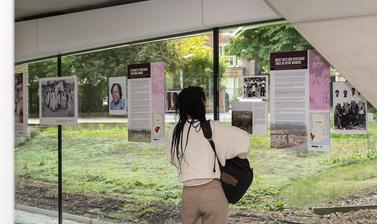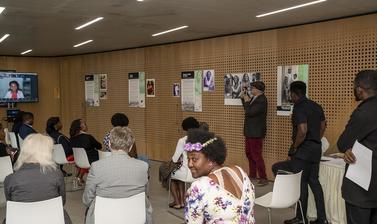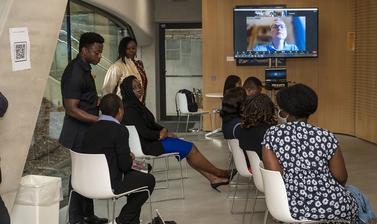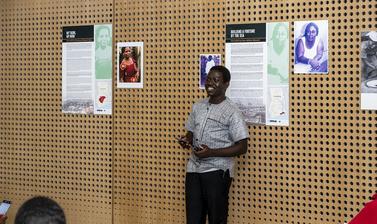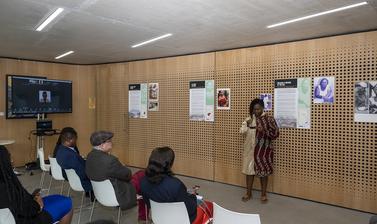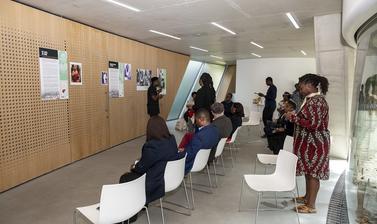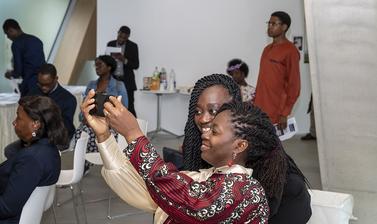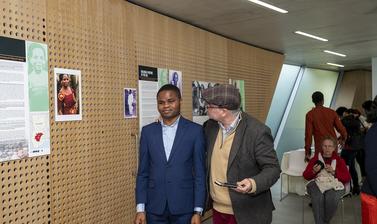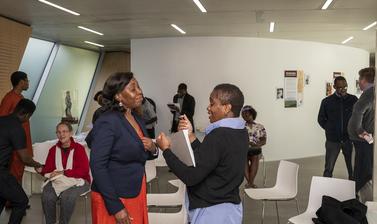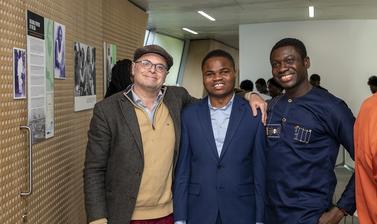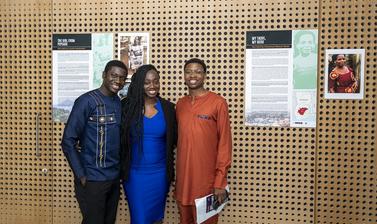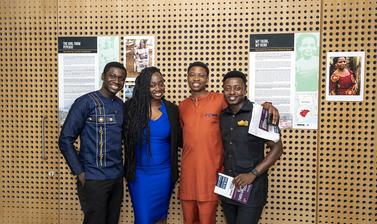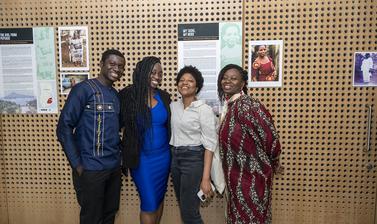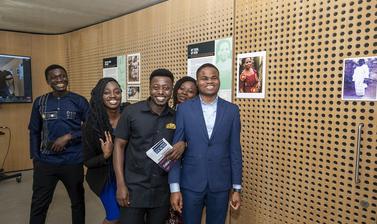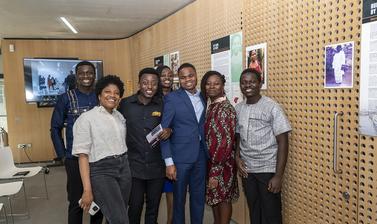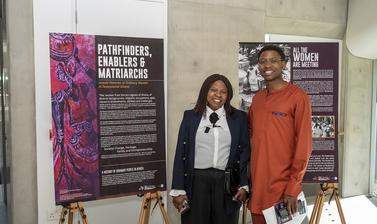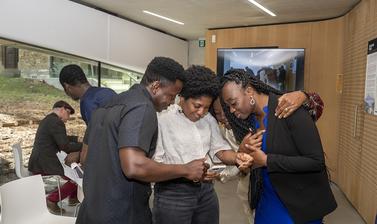A History of Ordinary People in Africa
.
Sudan
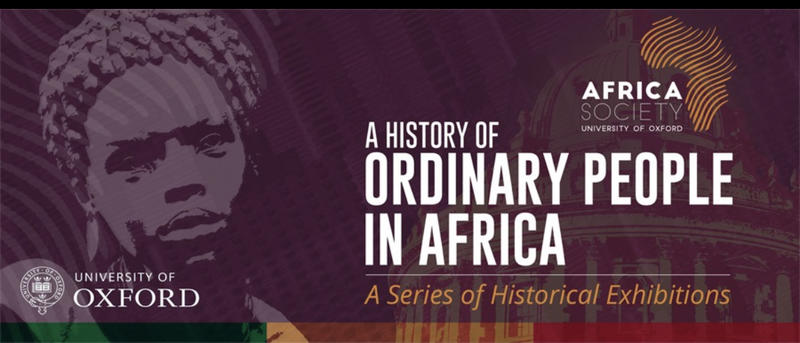
About the project:
A History of Ordinary People in Africa (HOPIA)
A History of Ordinary People in Africa (HOPIA) is a cultural heritage project consisting of a series of historical exhibitions. It is undertaken by members of the Oxford University Africa Society in partnership with Fusion Arts Oxford and supported by TORCH as part of the Humanities Cultural Programme, and the Oxford African Studies Centre.
HOPIA emphasises the social experience of everyday life and reveals how ordinary people participate in the process of social change. It draws on oral histories, historical artefacts, and photographs to project into the past, centring on women and the underrepresented, and spotlighting their resistance, activism, preservation of traditions, innovations, creativity, and contribution towards positive change.
Our lens of inquiry is Ordinariness
Even as we shift our gaze away from the spires of Oxford to our places of origin, we are interested more in the 'ordinary', under-appreciated people, and unsung heroes than in the stories of conquerors and rulers. Large-scale events are often thought of as a framework within which the lives of common people fit. We want to show that the opposite is also true: we cannot fully comprehend and appreciate the history of Africa, without understanding the histories of our own parents, grandparents, and other ancestors.
Ordinary in this context refers to the less dominant, less visible, and less 'powerful' individuals in society. As such, the use of the term should not be construed as unexceptional or uninteresting. We want to emphasise the social experience of everyday life and reveal the ways in which ordinary people participate in the process of social change.
Our mode of inquiry is Assembly
Assembly, both as a way of operating within history and understanding it, often emerges in the study of Black and African people. Stuart Hall, a Jamaican born British sociologist and cultural theorist, considers assembly as a way to put together elements of history, ‘not as a unity, but in all their contradictory dispersion’. Through assembly, we present the lives of our ancestors as a ‘constitutive element in the fabric of the wider world of ideas, movements, and events’.
This mode of inquiry reflects the fact that ordinariness does not imply isolation; our ancestors lived interconnected lives, which will be brought to life during this series of historical exhibitions. In fact, our use of the term people is not merely to signify a collection of individuals, but a heterogeneous network of genealogies, kinship, friendships, activism, and communication, anchored in a specific geographical region, evolving through time.
Finally, our source material is crowdsourced from the members of the Oxford University Africa Society and other Africans in Oxford, who in turn had to gather family histories from their people on the continent and in the diaspora. Assembly is our object of study, research method, and presentation style.
https://torch.ox.ac.uk/files/postersforwebsmall-compressedpdf
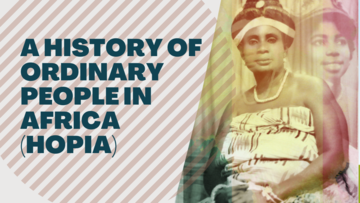
Pathfinders, Enablers & Matriarchs: Untold Histories of Ordinary Women in Postcolonial Ghana
This exhibition is part of the series A History of Ordinary People in Africa (HOPIA), a cultural heritage project undertaken by the Oxford University Africa Society in partnership with Fusion Arts Oxford and funded by TORCH as part of the Humanities Cultural Programme, and the Oxford African Studies Centre.
The Pathfinders, Enablers, and Matriarchs whose histories take central stage in this exhibition are but a handful of a myriad of women from various ethnic and cultural backgrounds who not only managed to carve a space for themselves amidst turbulent circumstances but also provided a nurturing environment for their descendants to thrive.
Family histories like Flourishing after the Draught and The Girl from Pepease take us behind the curtains of the lived experiences of women assuming multiple roles as mothers, mentors, breadwinners, small scale traders, and community leaders. What these family histories unveil are touching accounts of personal sacrifices, resilience, hopes and aspirations of everyday Ghanaian women. We invite you to navigate this space to discover and reflect on true stories of Women and Societal Change, Women and Heritage and Women, Family and Entrepreneurship told by the very people whose lives they positively impacted. Join us in spotlighting, hailing and celebrating the extraordinary lives of ordinary women in Ghana.
Project themes:
Women and Societal Change
Women and Heritage
Women, Family and Entrepreneurship
Sudan
Identity, Belonging & Change: A Historical Portrait of Everyday Life in Sudan
How have the people of Sudan built resilient communities in the past and present? Join us in exploring how ordinary people have lived through times of uncertainty and change.
A History of Ordinary People in Africa (HOPIA) is a cultural heritage project consisting of a series of historical exhibitions. It is undertaken by members of the Oxford University Africa Society in partnership with Fusion Arts Oxford and supported by TORCH as part of the Humanities Cultural Programme, and the Oxford African Studies Centre.
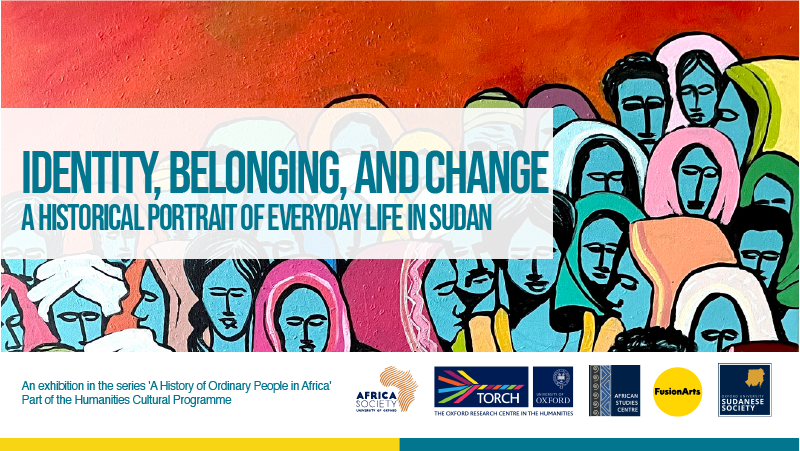
HOPIA Biographies:
CURATORS

Temitope Ajileye
Temitope obtained his PhD at the University of Oxford in the Department of Computer Science. Before that, he studied in Pavia, Italy, where he grew up. Since arriving in Oxford, in 2014, Temitope has been an active member and organiser of the Oxford University Africa Society and has developed a keen interest in the history of the Society, its members, and the African continent in the 20th century.
His previous projects include organising the 60th anniversary of the Oxford University Africa Society, and ‘200 Days of Lumumba’ a mixed-media production that explores the final days of Patrice Émery Lumumba, the first Prime Minister of Congo DRC.
‘‘The awareness of how our predecessors lived their lives, both the heroic and the mundane, gives me grounding. This is especially important in Oxford, whose halls rarely house images of people of African descent. I do not mind. I have halls and corridors in my mind filled with our ancestors, and they keep me constant company. HOPIA is an attempt to communicate a d inspire this sense of grounding in current and future residents in Oxford, within and outside of the university.’’

Cynthia Kwakyewah
Cynthia Kwakyewah is a PhD student in Sociology at the University of Oxford, undertaking research in business and human rights in Ghana’s extractive industries. Her doctoral study seeks to uncover the factors that drive changes in companies’ human rights practices. In addition to her research focus on business and human rights and corporate social responsibility, Cynthia also takes great academic interests in sustainable development, management of natural resources in the Global South, governance and politics in Sub-Saharan Africa and issues of social justice. Before commencing her doctoral studies at the University of Oxford, Cynthia completed a bachelor’s degree in International Development Studies and a Master of Arts in Interdisciplinary Studies, specialising in Business and International Human Rights Law from York University (Canada). She’s the recipient of the Governor General’s Gold Medal (2018). Cynthia is an active member of the Oxford Africa Society and was the speakers’ manager for the Africa Conference in 2019. ‘‘What drew me into HOPIA is the lens the project uses to study people’s history from below and how it highlights marginalised communities, particularly women in Ghana. I am glad it will feature matriarchs like my own grandmother, who has impacted our lives significantly.’’
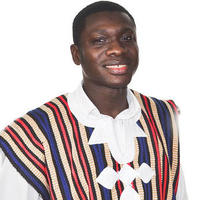
David Damtar recently completed his doctoral studies at the Oxford School of Global and Area Studies as an ORISHA DPhil Scholar, and he is now the Turpin Junior Research Fellow in History at Oriel College.
His research focuses on extractive industries and communities’ relations in sub-Saharan Africa by exploring the various ways and levels under which diverse socio-political actors seek benefits and contest existing forms of resource wealth (re)distribution.
Before joining Oxford, he read for a bachelor’s degree in history at the Kwame Nkrumah University of Science and Technology, Ghana and an MA in Applied and Interdisciplinary History ‘‘Usable Pasts’’ from the National Research University-Higher School of Economics, St. Petersburg, Russia.
‘I am passionate about the essence of inclusive voices and diverse perspectives in historical production. This project about ‘ordinary’ people in Africa is interesting because it will take our‘inquiry’ a step further in searching for the truth and uncovering the unknown about Africa and Africans.’’
AUTHORS:

Naa Adjeley Mensah
Naa Adjeley Mensah was born in Tema Newtown in the Greater Accra region, the sixth child of her mother and the twenty-second of her father. She is a nurse by profession and currently a first-year DPhil student in Sociology at the Leverhulme Centre for Demographic Science, University of Oxford. Her primary research interest is family demographic issues, particularly family formation, dissolution, power, and gender inequalities.
A colleague shared information about the HOPIA call, and its goals motivated me to join. I consider the project an opportunity to celebrate a great mum who has known no boundaries in caring for her family. I spotlight my mum because of her passion for ensuring all her children were educated even though she had no formal education herself and the countless self-sacrifices she made to push us all to where we are today. She is both a mother and entrepreneur who gave her all to support her children in school, a noble deed worthy of attention.”

Isaac Agyiri Danso
Isaac Agyiri Danso is a PhD student in law at the University of Oxford. He has research interests in law and development, good governance, fiscal policy, and public financial management. For his PhD research, Isaac is exploring why inclusiveness in international tax law matter under the supervision of Professor Tsilly Dagan. Outside of his doctoral work, Isaac is a Lawyer, Chartered Accountant, and Chartered Tax Practitioner with significant expertise in commercial law, accounting, finance, and international tax law. Before his PhD, he worked as an Assistant to the Minister of Finance at the Ministry of Finance, Ghana. He previously served as a Senior Counsel at the Volta River Authority and as an Associate at the Accra-based law firm Mercer & Company. In 2017, he co-founded Audit Partners, Africa.
Isaac obtained a Master of Public Policy (with Distinction) from the University of Oxford as a Standard Bank Africa Chairman’s Scholar.

Thomas Duke Labik Amanquandor
Thomas Duke Labik Amanquandor is a doctoral research fellow at the University of Oslo’s criminology and sociology of law department. Labik Amanquandor is a University of Oxford Eni Scholar. He holds an MSc in African Studies from the University of Oxford and an MSc in Sociology of Law from Lund University (Sweden).
His publications and research areas include anti-corruption studies, legal pluralism, and the politicisation of history. He joined HOPIA out of his enthusiasm for African oral history and the crucial role of “ordinary” people in its preservation and propagation. Thomas is also an upcoming novelist, with his debut novel titled “The Half-Moon” set to be released in August 2022. In this historical fiction novel, Labik Amanquandor fictionalises parts of oral history within his clan (Kugbeni Gurma) passed to him by his grandmother, who features in this HOPIA project.

Emmanuel Mawuli Abalo
Emmanual Mawuli Abalo is a White Rose Doctoral Scholar in Social Research (MSc candidate) and Human Geography (PhD Candidate) at the University of Hull, where he researches the governance and politics of plastic waste management in Ghana. Previously, he studied for the MSc Environmental Change and Management at Linacre College, Oxford, as a Commonwealth/Norman & Ivy Lloyd Scholar. He is a social scientist.
“I agreed to be part of the History of Ordinary People in Africa (HOPIA) project because of the opportunity it affords me to share the extraordinary story of my aunt, Tashi. She is one of the silent voices and support behind my educational growth, and I feel that this is another platform to honour her.”

Sylvester Atta Andam
Sylvester Andam graduated with a Bachelor of Arts degree in Political Studies from Kwame Nkrumah University of Science and Technology, Kumasi-Ghana. His undergraduate thesis focused on the impact of patronage politics on political participation in public universities. The study qualitatively revealed the importance of patronage as an instrument that motivates political participation among young intellectuals. However, he found the subject of civil- military relations in Africa fascinating after his undergraduate studies. Thus, for his dissertation, he intends to investigate the nature of Rawlings’ engagement with the military before, during and after the democratic transition.
‘The sense of participant familiarity baffled me a bit. However, I was fascinated by the depth of knowledge I obtained assuming the position of a researcher in the HOPIA project. Besides, the idea of telling the history from below is a very interesting approach.’’
Click here to follow A History of Ordinary People in Africa on SoundCloud
My Tashi, My Hero
https://w.soundcloud.com/player/?url=https%3A//api.soundcloud.com/tracks/1276495828&color=%23ff5500&auto_play=false&hide_related=false&show_comments=true&show_user=true&show_reposts=false&show_teaser=true&visual=true
Pathfinders, Enablers & Matriarchs
The Girl from Pepease
Women and Societal Change
Sisi of Mamfe Akuapem: Notes of Tradition and Modernity in Ghana
All The Women Are Meeting
Building a Fortune by the Sea
Flourishing after the Drought: Reflections of a West African Griot
In praise of Professor Takyiwaa Manuh
Rocky Days And Redeeming Times in Sefwi Wiawso
Women, Family, and Entrepreneurship
Women and Heritage

